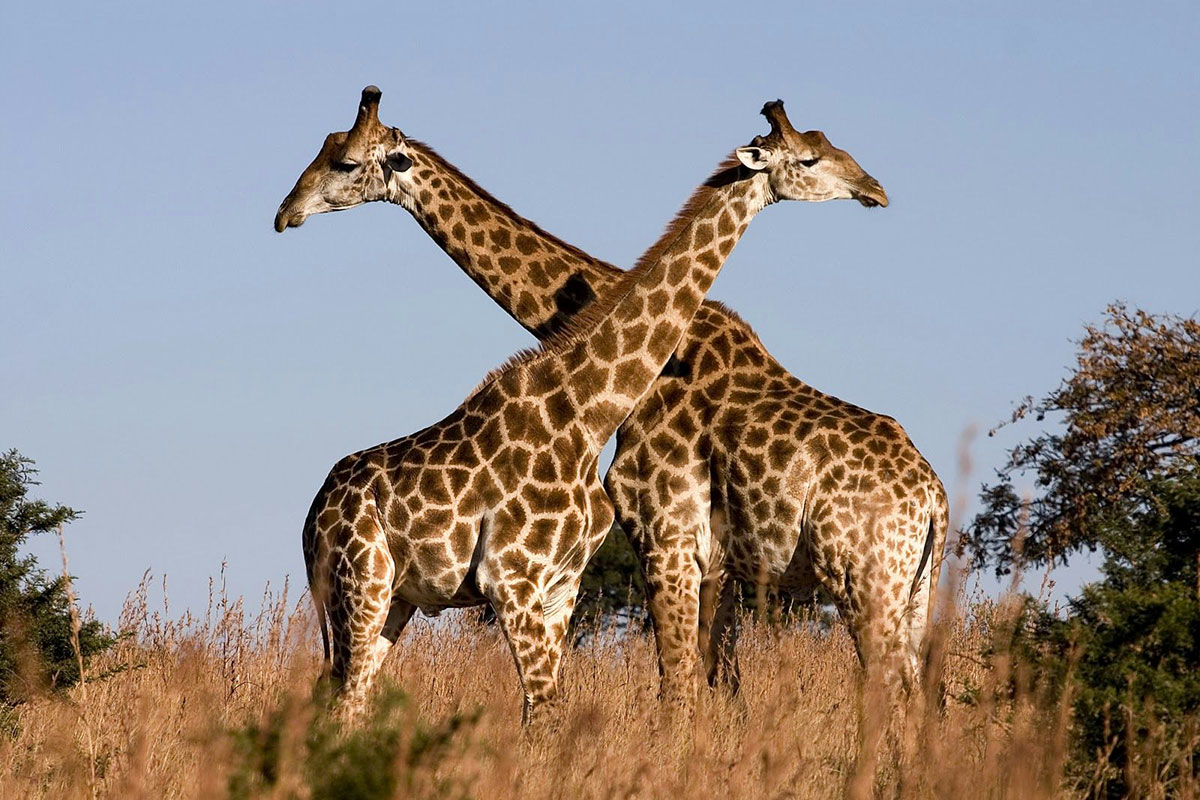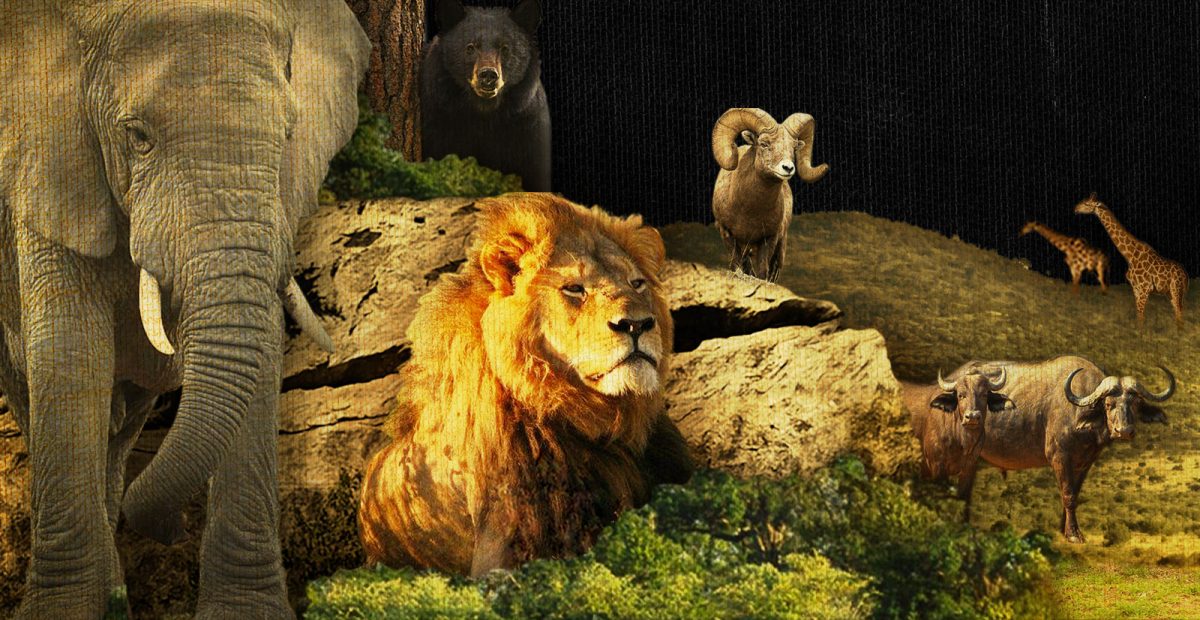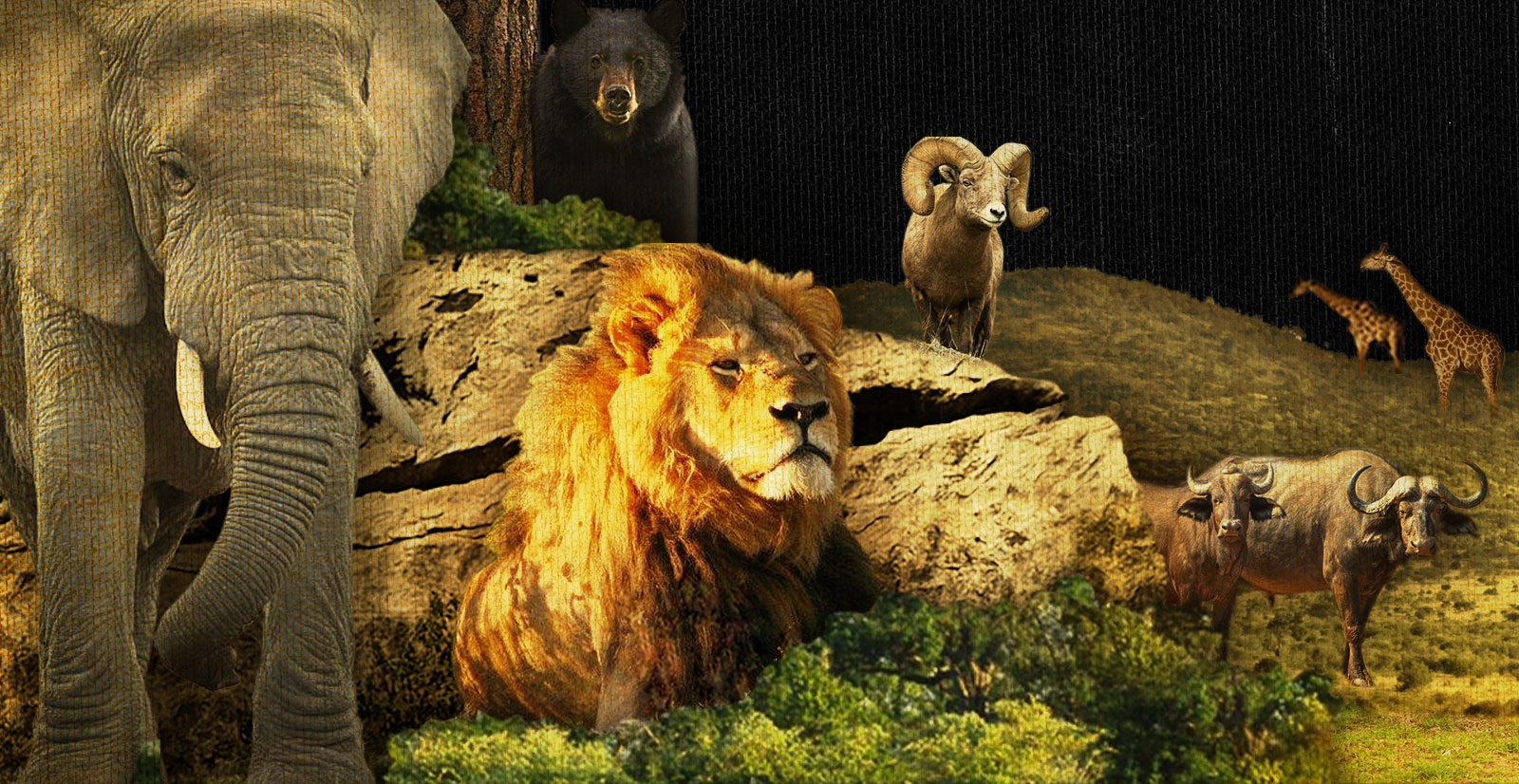
Current Situation
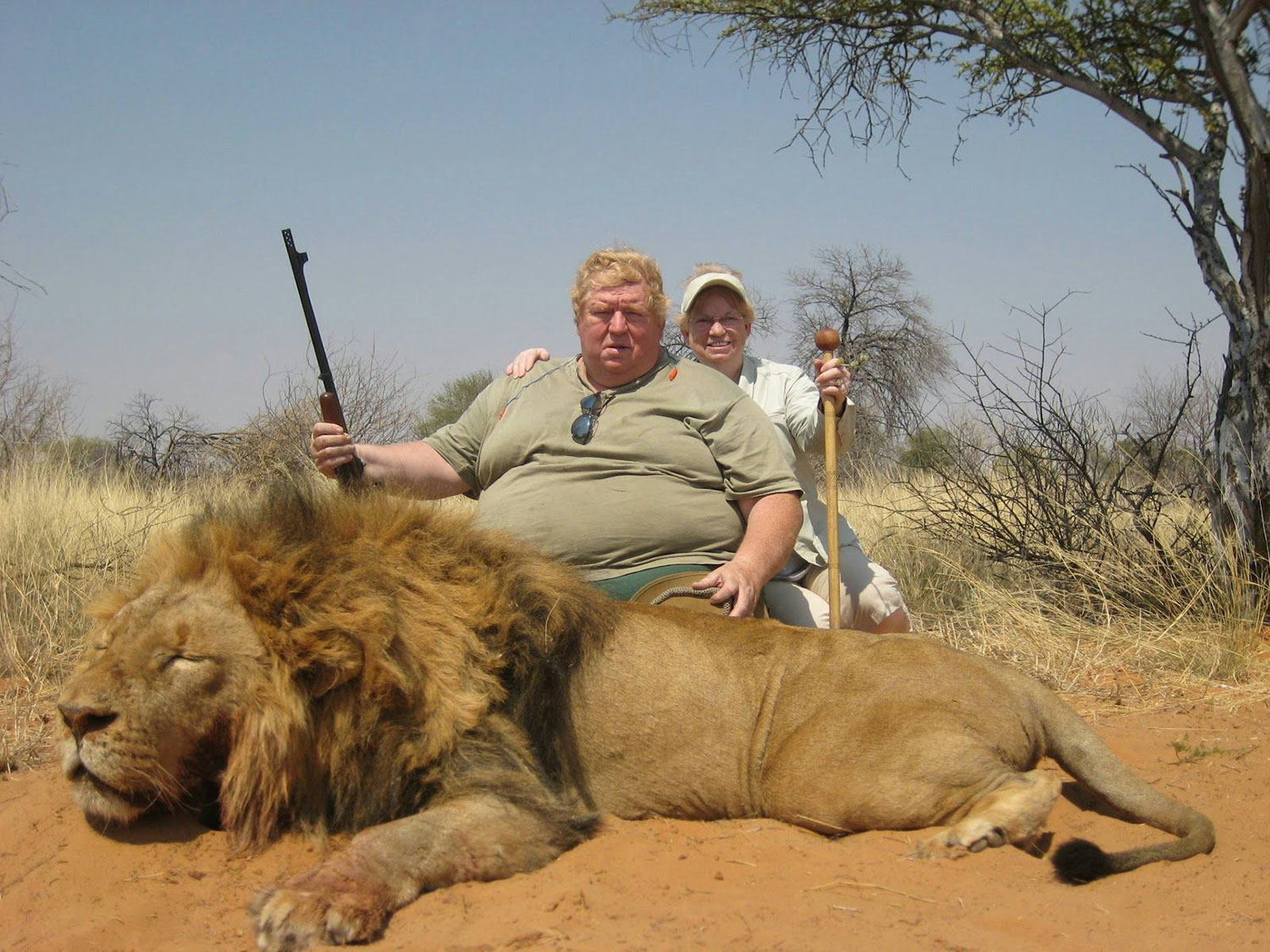
Each year tens of thousands of lions, elephants, rhinos, giraffes, leopards, and other rare species are killed by trophy hunters for pleasure or sport. The hunters target the biggest and most beautiful animals, many of which are endangered, so they can display their stuffed bodies and body parts as trophies or souvenirs. Until recently, most people were unaware of the devastating impact of trophy hunting on dwindling animal populations in Africa and throughout the rest of the world. However, the media coverage surrounding the death of Cecil the Lion in Zimbabwe by American trophy hunter Walter Palmer in July 2015, has brought this cruel and barbaric sport into the global media spotlight.
Each year tens of thousands of lions, elephants, rhinos, giraffes, leopards, and other rare species are killed by trophy hunters for pleasure or sport
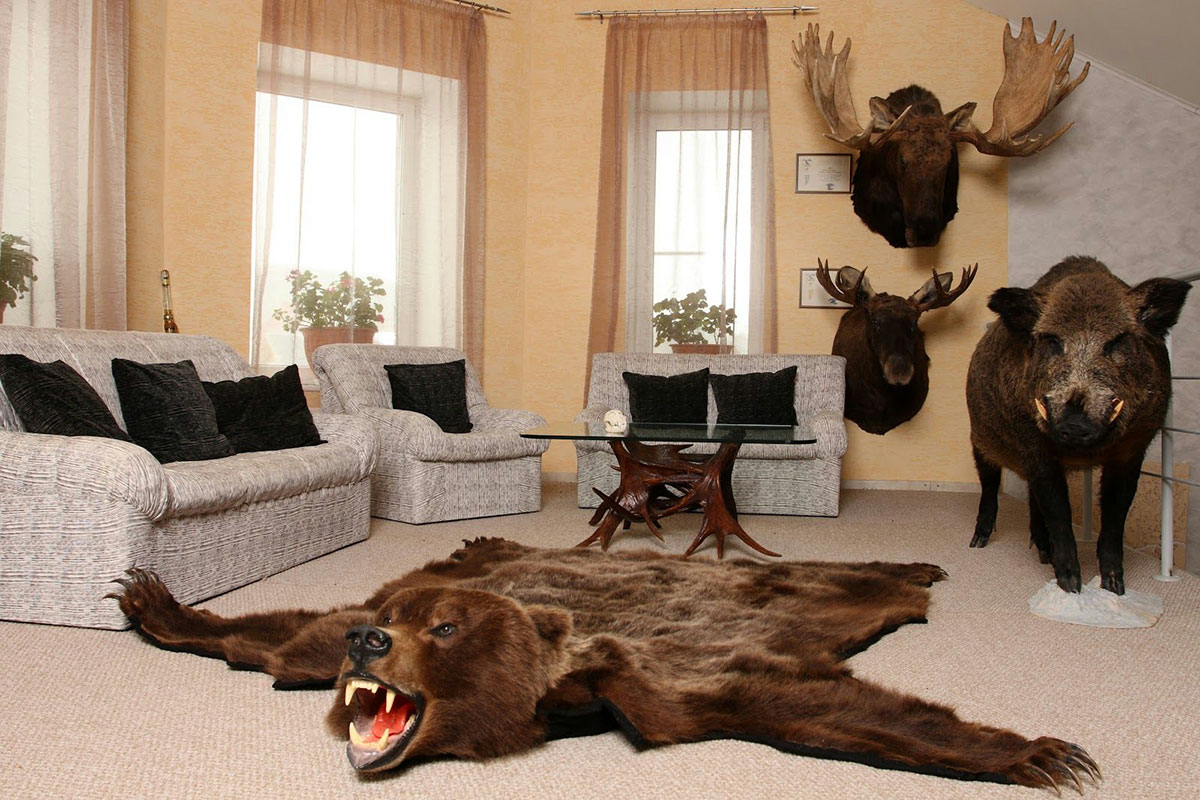
An Unfair Sport

Trophy hunting, generally speaking, is a hobby for those wealthy enough to pay tens of thousands of dollars to travel to Africa with the goal of killing a rare animal, often an endangered or threatened species. American trophy hunters who can not afford an expensive trip to Africa will instead visit a “game reserve” where canned hunts allow the hunters to shoot and kill an exotic animal in an enclosed area. Trophy hunting is sometimes called a “sport” as an attempt to justify the killing of a defenseless animal as a socially acceptable, wholesome activity. However, a true sport involves a fair competition between two consenting parties. Trophy hunting, as with all hunting, is an activity based upon the desire of a hunter to kill an animal that has no desire to kill him or her. Hunters shoot the animals with rifles, shotguns, and bows and arrows—weapons that no animal can either use or defeat. Most trophy hunters claim that by obeying hunting laws and regulations, trophy hunting constitutes a “fair chase” and is fully ethical.
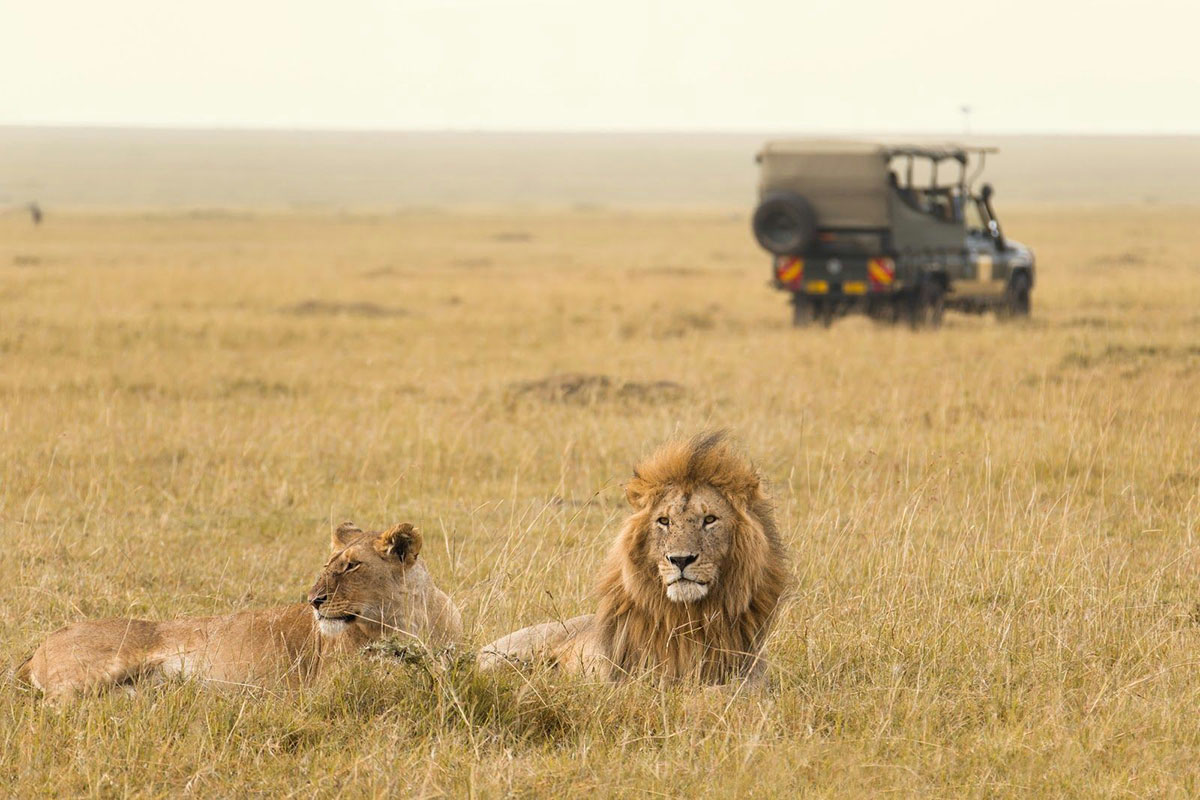
The Safari Club International

Many trophy hunters are members of the Safari Club International (SCI), a powerful and wealthy organization that promotes competitive trophy hunting throughout the world through an elaborate awards program. Safari Club International (SCI) is a US organization composed of hunters dedicated to protecting the freedom to hunt. SCI has more than 50,000 members and 180 local chapters. SCI members hunt and kill particular species of animals to win inclusion into specific SCI designation groups like the “African Big Five” (leopard, elephant, lion, rhino, and buffalo) and the “North American Twenty Nine” (all species of bear, bison, sheep, moose, caribou, and deer). There are more than 30 awards in all, and in order to win all of them a hunter would have to kill 322 animals of different species or subspecies. This award program encourages the killing of endangered or threatened species by rewarding more points for killing rarer animals. The highest achievement for SCI members is to be listed in the club’s record book, a three-volume set of thousands of pages, listing names of members who killed the largest animals. The book includes more than 1,100 species, some of which are now extinct. Detailed scores and rankings are recorded for the biggest tusks, horns, antlers, skulls and bodies, with photographs of the hunters next to dead animals.
SCI contributes large sums of money to political candidates who are willing to further the club’s objectives to weaken and circumvent the intent of the Endangered Species Act (ESA) and the Marine Mammal Protection Act (MMPA). SCI has actively campaigned to keep the African lion and the polar bear from being designated “threatened” under the ESA. It has also spent millions campaigning to delist the Northern Rocky Mountain wolf as an endangered species.
This award program encourages the killing of endangered or threatened species by rewarding more points for killing rarer animals
American museums sometimes facilitate wealthy trophy hunters in the killing and importation of endangered species. The hunters donate large sums of money to the institutions in return for help importing the trophies of the endangered species they have killed on safari trips. In 1997, a former president of the Safari Club International paid an undisclosed amount to the government of Kazakhstan to allow him to shoot an endangered Kara Tau argali sheep, of which only 100 were left. He then donated $20 million to the Smithsonian Institution National Museum of Natural History and solicited the help of the museum for an import permit.
False Claims

Most hunting clubs and organizations say that the killing of trophy animals benefits the conservation of the animals’ species and promotes economic growth in the local communities where the hunting take place. However, scientific and economic studies have disproved these claims. The assertion that trophy hunting maintains the conservation of wild animal populations is not only incorrect, the exact opposite is true. The greatest declines in lion populations have occurred in African countries with the highest concentration of trophy hunting facilities and operations. The number of lions in the African wild has declined by more than 50% in the past three decades, with approximately 25,000 remaining today. In the 1940s, upwards of 450,000 lions roamed freely. In the early 1900s, up to five million elephants lived in Africa; today approximately 400,000 are left, a reduction of more than 90%.
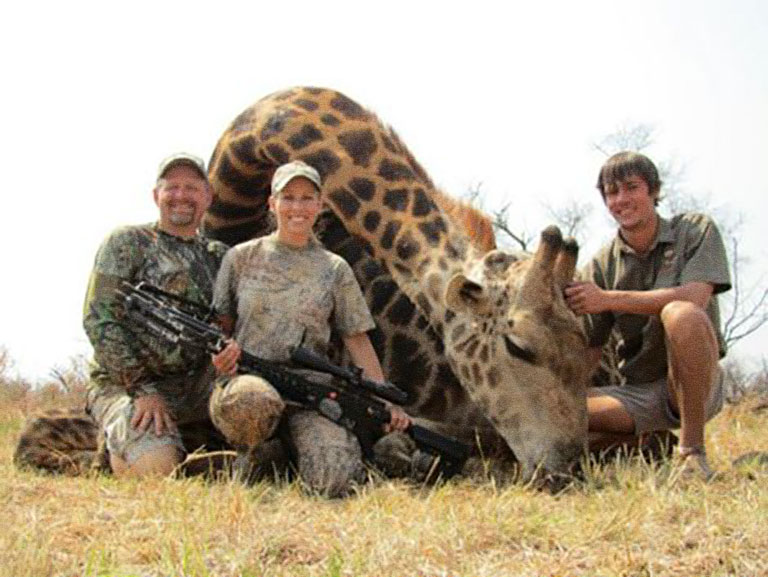
The assertion that trophy hunting maintains the conservation of wild animal populations is not only incorrect, the exact opposite is true. The greatest declines in lion populations have occurred in African countries with the highest concentration of trophy hunting facilities and operations.
These hunting organizations claim that trophy hunting is essential for economic growth of African countries, particularly in small rural communities. Again, this assertion is incorrect. Only 1.8% of all African tourism revenue comes from hunting. A staggering 98.2% of the tourism revenue comes from other forms of tourism such as wildlife viewing and photo safaris. In Zimbabwe, the African country with one of the highest concentrations of trophy hunting, only 3.2% of all tourism revenue comes from trophy hunting. South Africa is another popular destination for trophy hunters, yet only 1.2% of tourism revenues come from trophy hunting. A 2013 study conducted by the economic research organization Economists at Large revealed that trophy hunting revenues never exceed 0.27% of an African country’s GDP, and hardly any money ever reaches indigenous communities. Even economic studies undertaken by pro-trophy hunting organizations have concluded that, at most, only 3% of the money generated by trophy hunting actually reaches the rural communities where the hunting occurs. The Economists at Large study reveals that almost all trophy hunting profits stay with the trophy hunting operations, and the rest frequently end up in the bank accounts of corrupt government officials.
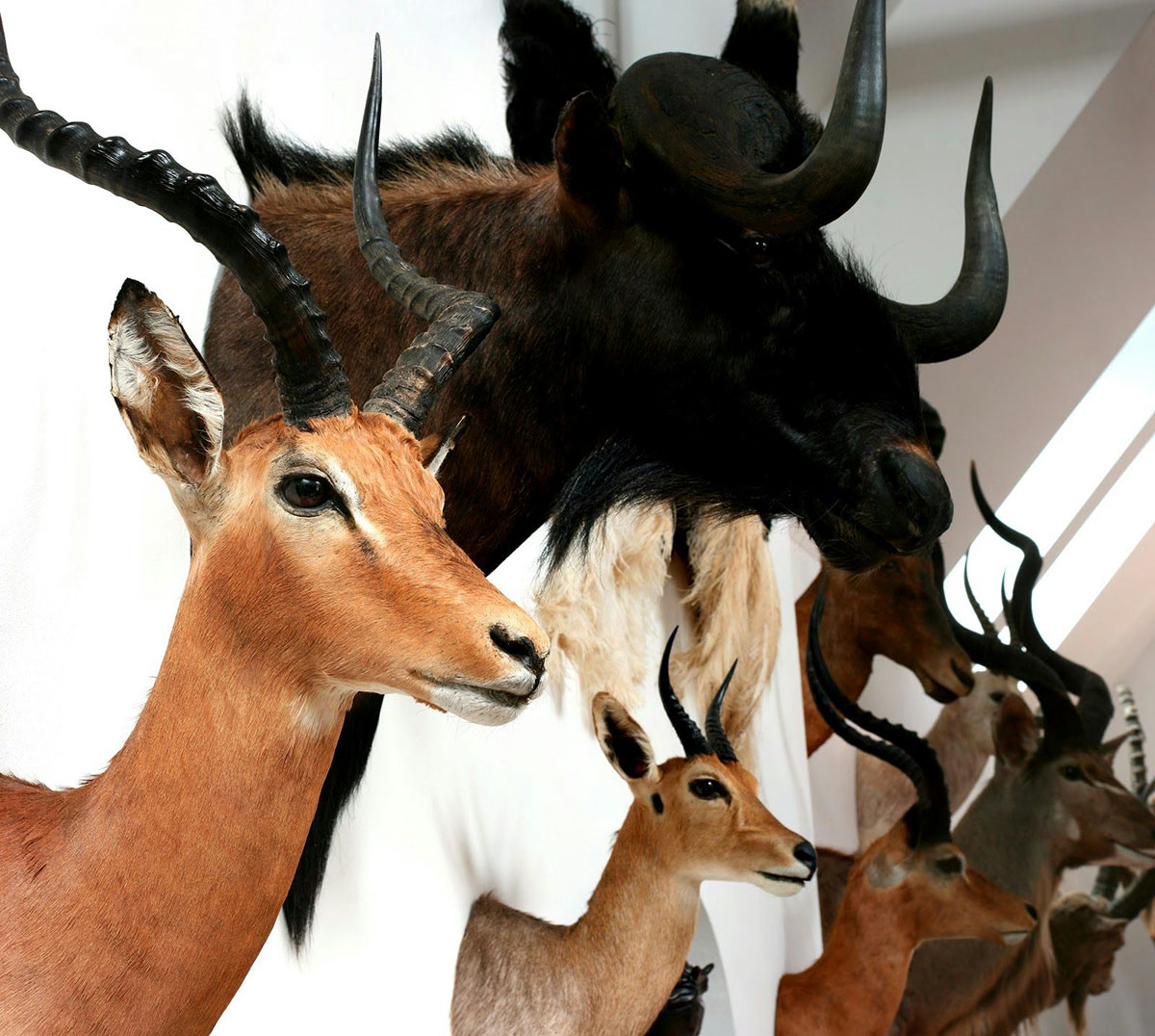
Backward Evolution

Another claim made by many trophy hunting organizations is that trophy hunting weeds out the weaker animals, leaving the stronger ones to mate and strengthen the species. Again, science is showing the exact opposite to be true. Trophy hunting is causing a “backward evolution” because the largest and most impressive animals are being hunted down and killed. The Safari Club record books list the largest animals killed, not the smallest. Hunters want to kill animals with the largest antlers, tusks, and manes. Multiple studies have revealed that trophy hunting is leading to a reduction in size and overall health in the offspring of remaining animals. The most robust members of endangered and threatened species are disappearing, not by the process of “natural selection” but by the bullets and arrows of hunters. Bighorn sheep rams in Canada have experienced a 25% decrease in horn size since 1985. The strongest rams with the largest horns have been killed, and the remaining smaller rams are now propagating the species with a weaker gene pool.
African elephants are also drastically changing for the worse. The strongest elephants have the largest tusks, which they use both as defense weapons and as foraging tools. However, because elephants with large tusks have been targeted by hunters and poachers over the last 50 years, tuskless elephants, products of a genetic fluke, have become the more consistent breeders. They have grown from around 2% among African elephants to more than 38% in one Zambian population, and 98% in another South African herd. Tusked elephants, like bighorn rams with large horns, are genetically stronger individuals who give the species the best chance of survival for generations to come, but they are being wiped out by hunters.
Multiple studies have revealed that trophy hunting is leading to a reduction in size and overall health in the offspring of remaining animals
According to a report released by the World Wildlife Fund in October of 2014, the number of mammals, birds, reptiles, amphibians and fish throughout the world is about half what it was in 1975. Exploitation, including trophy hunting, is the biggest contributor to the population decrease.
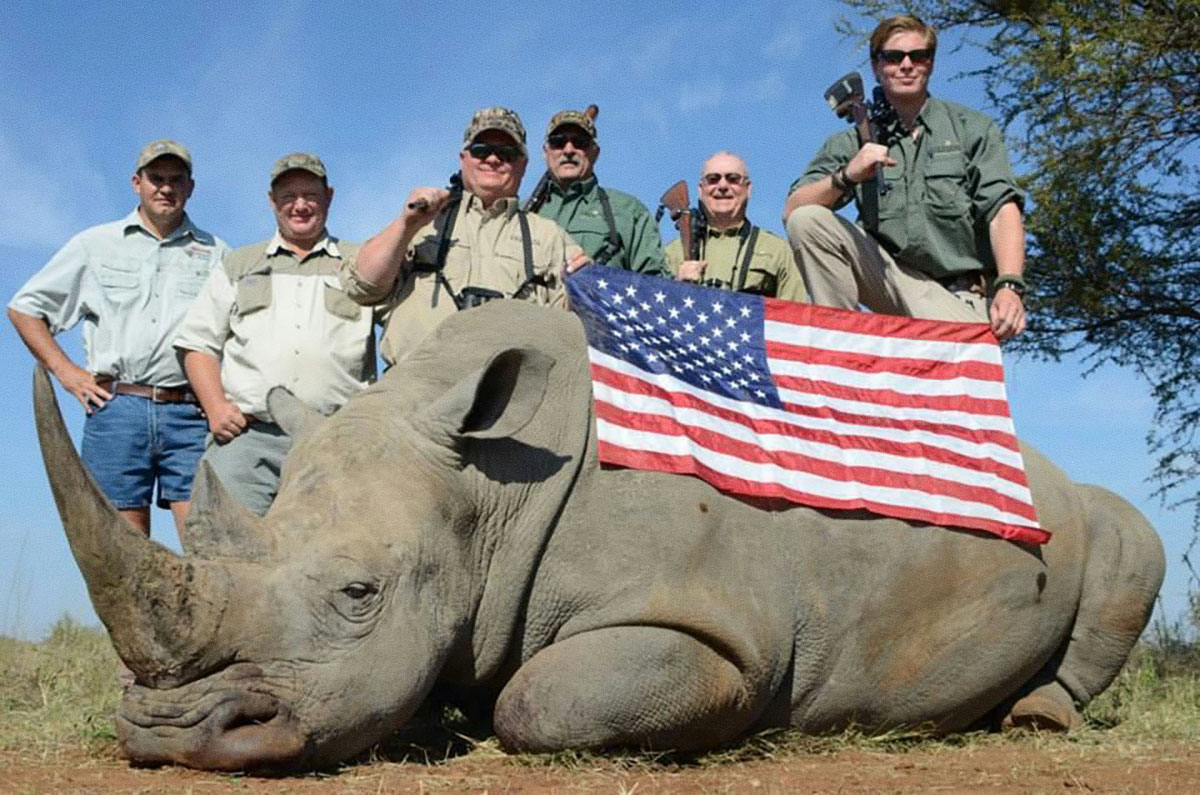
Canned Hunts

Canned hunting is trophy hunting where the animals are captured from the wild or raised and released into a confined area to be hunted. This type of hunting is also called “captive hunting” or “high-fence hunting.” Canned hunting facilities exist throughout Africa and have become popular in the United States, where more than 1,000 facilities operate, including over 500 in the state of Texas. Trophy hunters pay the ranch operator a large fee for a guaranteed successful hunt where they can perch safely in tree blinds or move about in vehicles, targeting animals that have been caged, lured to feeding stations or drugged. Many canned hunts feature exotic and endangered species, including African antelopes and lions. Ranch owners or operators often acquire these animals from breeders, dealers, auctions, or even zoos or circuses. Animals in canned hunt facilities are usually housed in unregulated conditions. Diseases such as tuberculosis, brucellosis, and chronic wasting disease (which is similar to Mad Cow Disease) have been discovered in different facilities and can spread to nearby cattle, local wildlife, and even humans.
The Bitter Bond: Award-winning Short Film by Born Free Foundation
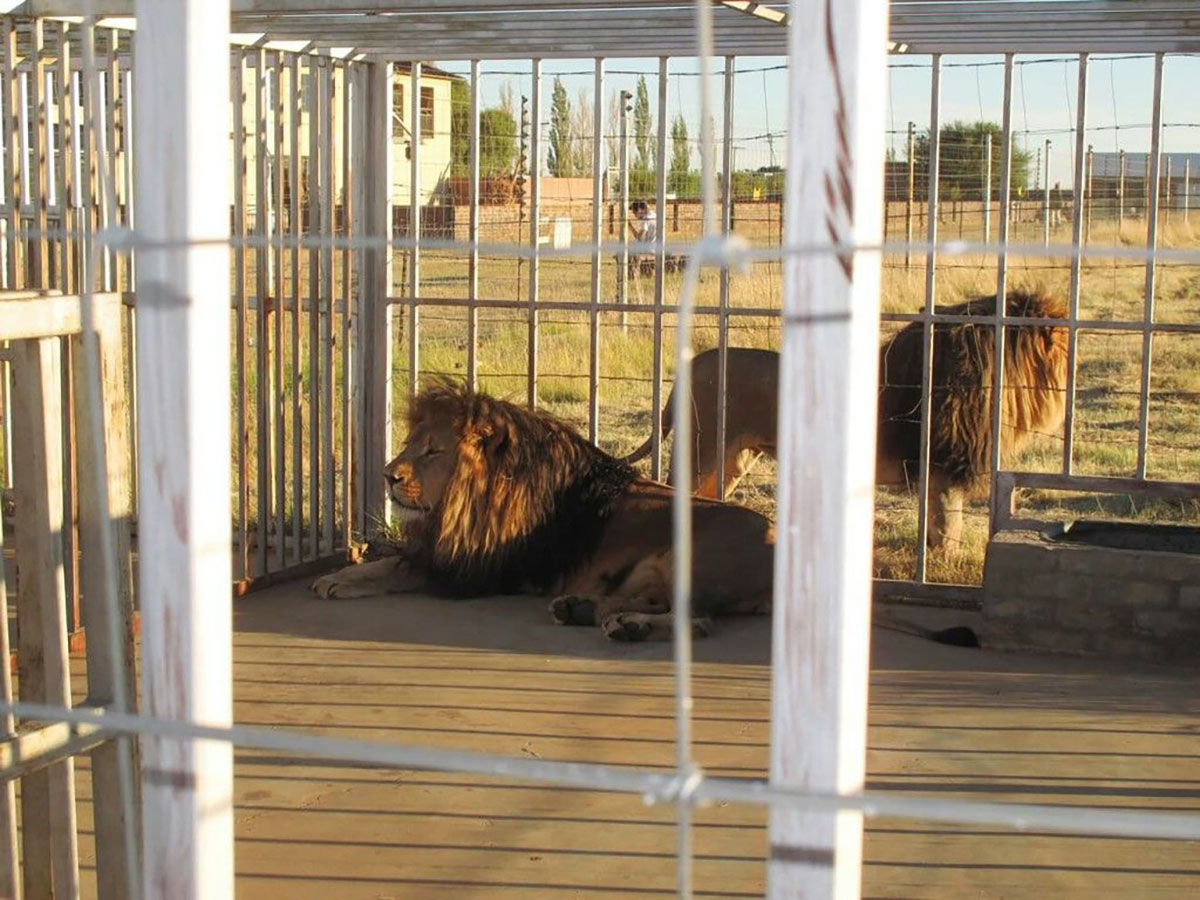
Amazingly, there is no federal U.S. law that specifically oversees or regulates these facilities. Authority over private hunting activities is left to state wildlife agencies, and because they most often take place on private property, requirements and restrictions are loose and vague. There are no bag limits on the number of kills allowed, and the hunters are not required to carry hunting licenses or prove that they have experience with firearms.
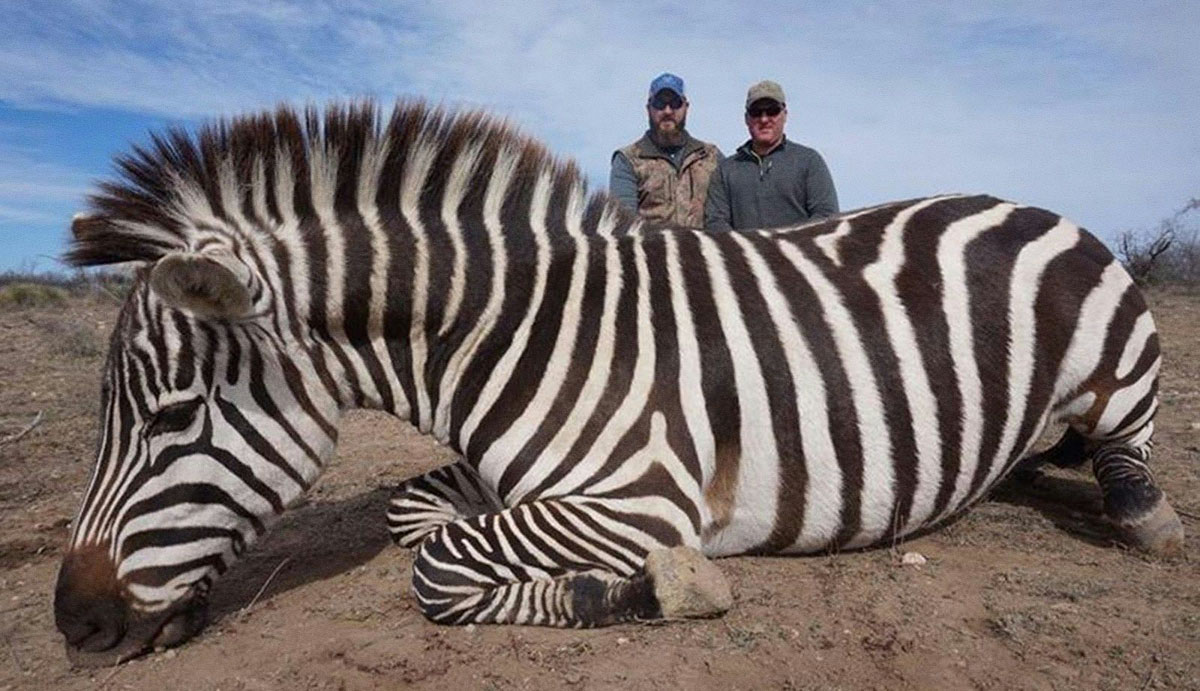
Working hand-in-hand with the canned hunting industry is an associated business marketed to families and children: cub-petting. Cub-petting offers tourists the opportunity to interact intimately with lion cubs. Tourists and volunteers pay handsomely to pet and feed the cubs, not realizing they are the product of multi-million dollar lion-breeding farms that supply lions to the canned hunting ranches. The very cubs the tourists feed and pet will eventually end up dead at the hands of a trophy hunter on a canned hunting ranch. At the breeding farms, the cubs are taken from their mothers a few hours after birth (the mothers are scared away from the cubs with a screeching loud horn) and within days are placed into the hands of starry-eyes tourists at a cub-petting parks.
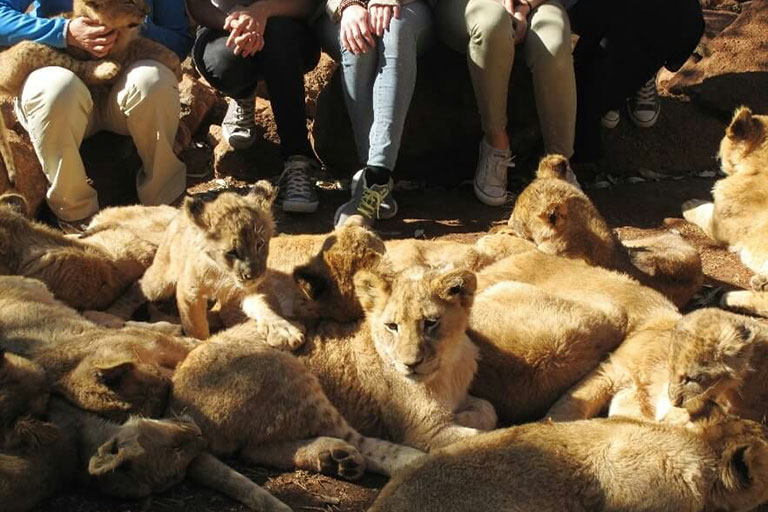
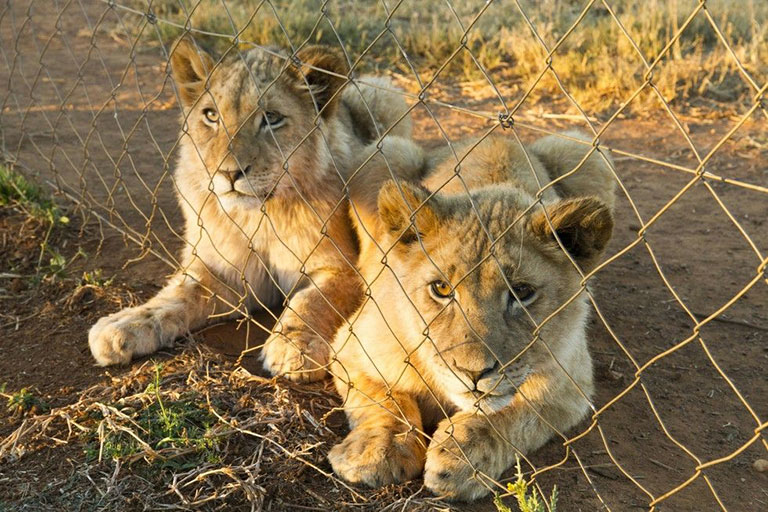
Canned hunting facilities are an integral part of the worldwide trophy hunting industry because they offer the experience of killing an exotic animal at a fraction of the price that would be necessary to kill one on a safari expedition.
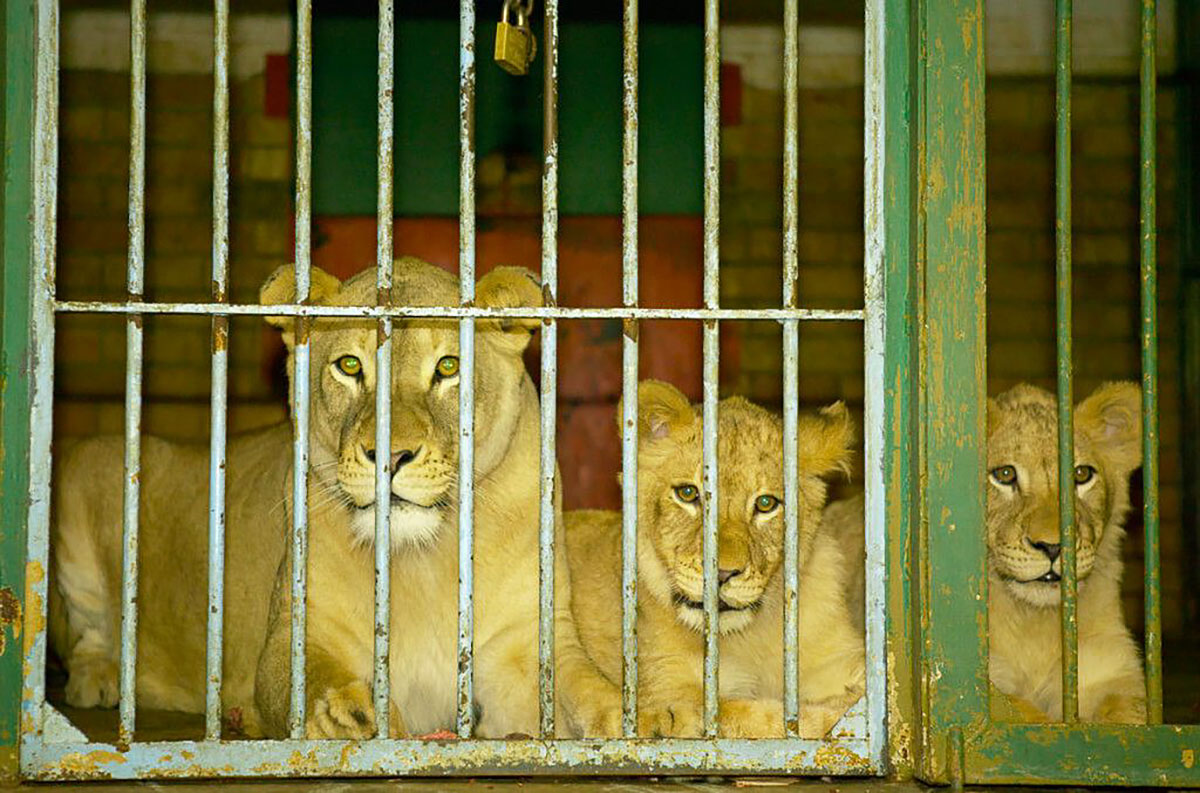
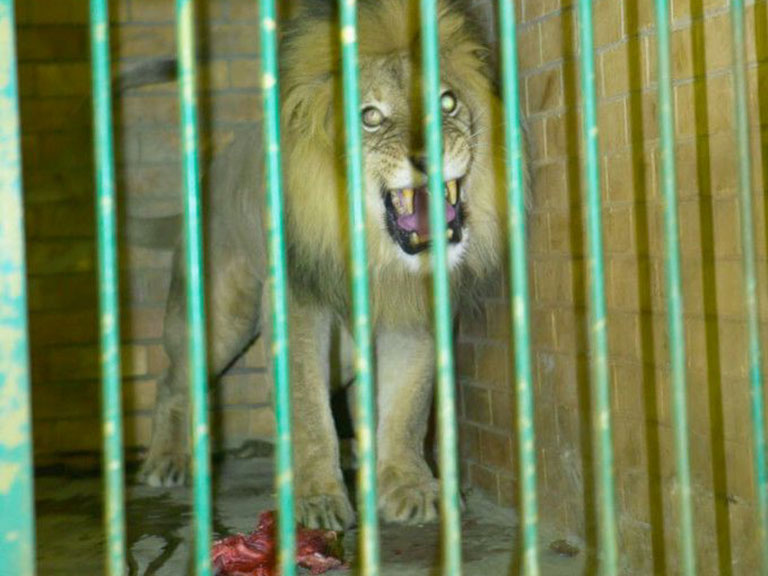
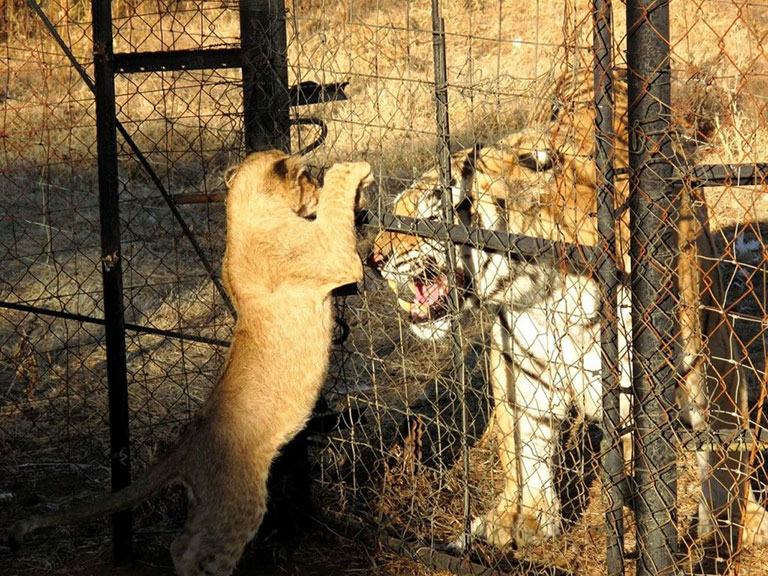
Cecil the Lion

Cecil was a very popular lion who lived in Hwange National Park in Zimbabwe. He was the co-patriarch of a pride that consisted of about 20 lions, including six of Cecil’s own cubs. Since 2008, he had been studied by scientists from the Wildlife Conservation Research Unit at Oxford University as part of a project in which all of Cecil’s movements were tracked and his behavior observed. Cecil was the best-known animal in the park, was revered for his relaxed demeanor, and was easily identifiable by his unique black-fringed mane and a GPS tracking collar secured around his neck.
In June 2015, Walter Palmer, an American trophy hunter, paid approximately $50,000 to Theo Bronkhorst, a professional African guide based in Zimbabwe, who guaranteed him a lion kill. In the darkness of night Bronkhorst and Palmer lured Cecil out of the protection of Hwange National Park with a dead animal carcass attached to their jeep as bait. Once out of the park, Palmer shot Cecil with a bow and arrow. The arrow didn’t kill Cecil, so he and Brockhorst were forced to track him for approximately 40 hours as he suffered from his near fatal wound. When they finally tracked him down, Palmer shot him with a high powered rifle, finally killing him. They then skinned Cecil and removed his head from his body. When Cecil’s headless skeleton was found by park investigators, his tracking collar was missing.
Of the 62 lions that have been tagged as a part of the Oxford study at Hwange National Park, 24 have been killed by trophy hunters, including Cecil. The public outcry surrounding Cecil’s death has brought trophy hunting into the global media spotlight and inspired millions to call for an end to trophy hunting. Unfortunately, in November of 2016, Zimbabwe officials announced that all charges against Bronkhorst were being dropped.

Positive Change
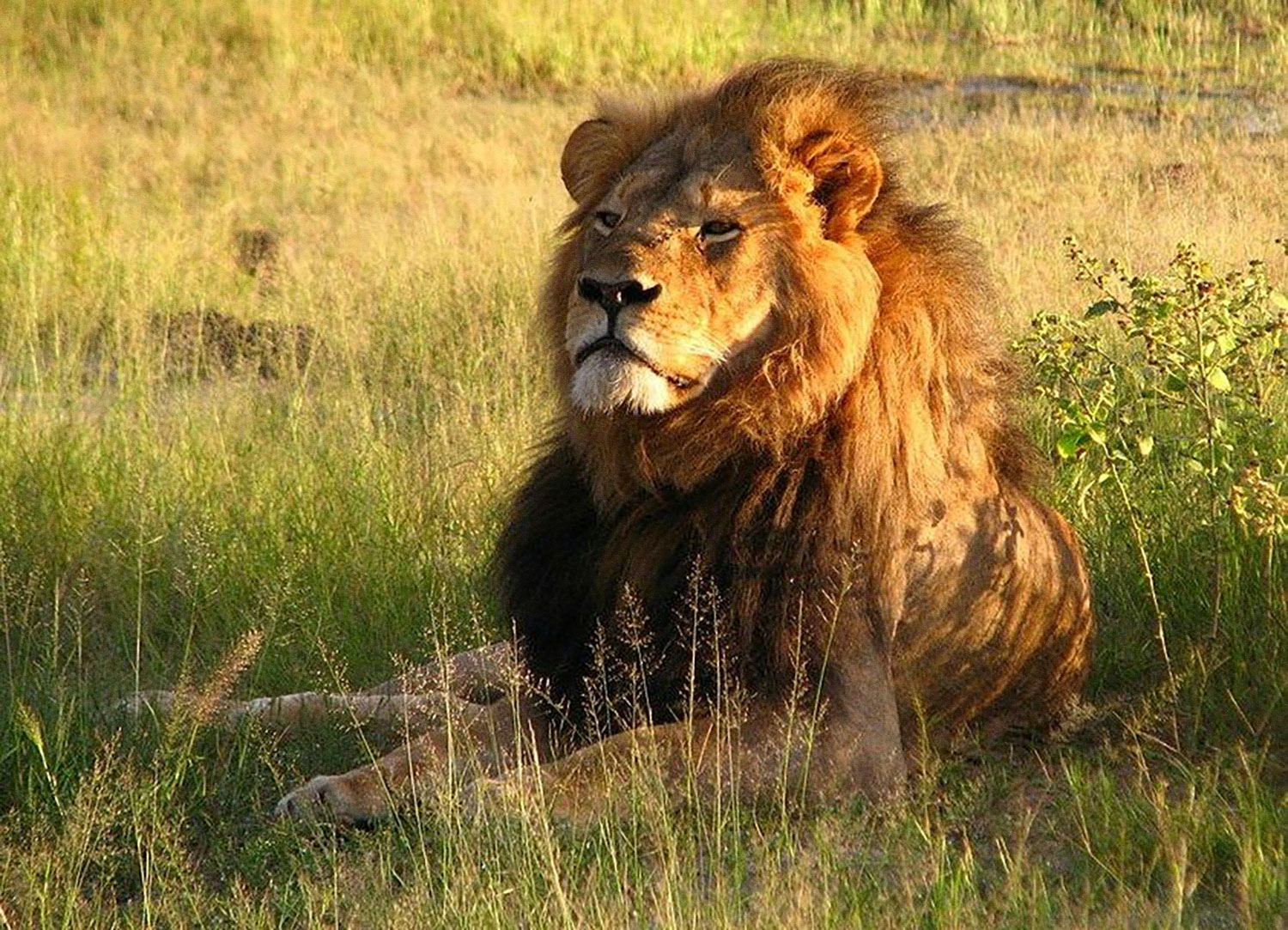
Cecil the Lion

The death of Cecil the Lion in Zimbabwe by American hunter Dr. Walter Palmer in July 2015 has unleashed an unprecedented global outcry against trophy hunting. Never before have so many people at one time stood up and voiced their anger over this murderous “sport”. Hours after Cecil’s death was reported by news outlets, hundreds of thousands of people around the world posted about it on social media sites. Within a week, over one million people had signed a petition which led to Zimbabwe President Robert Mugabe’s decision to temporarily suspend all trophy hunting in the country. Celebrities from around the world, including Ricky Gervais and Jimmy Kimmel, publicly condemned the senseless killing and called for governments to stop the killing of endangered and threatened species in Africa by trophy hunters. Support to end this barbaric tradition is more galvanized than ever before. It is clear that Cecil’s death was not in vain. Within several months of his death, sweeping changes have already been made around the world to help bring trophy hunting to an end.
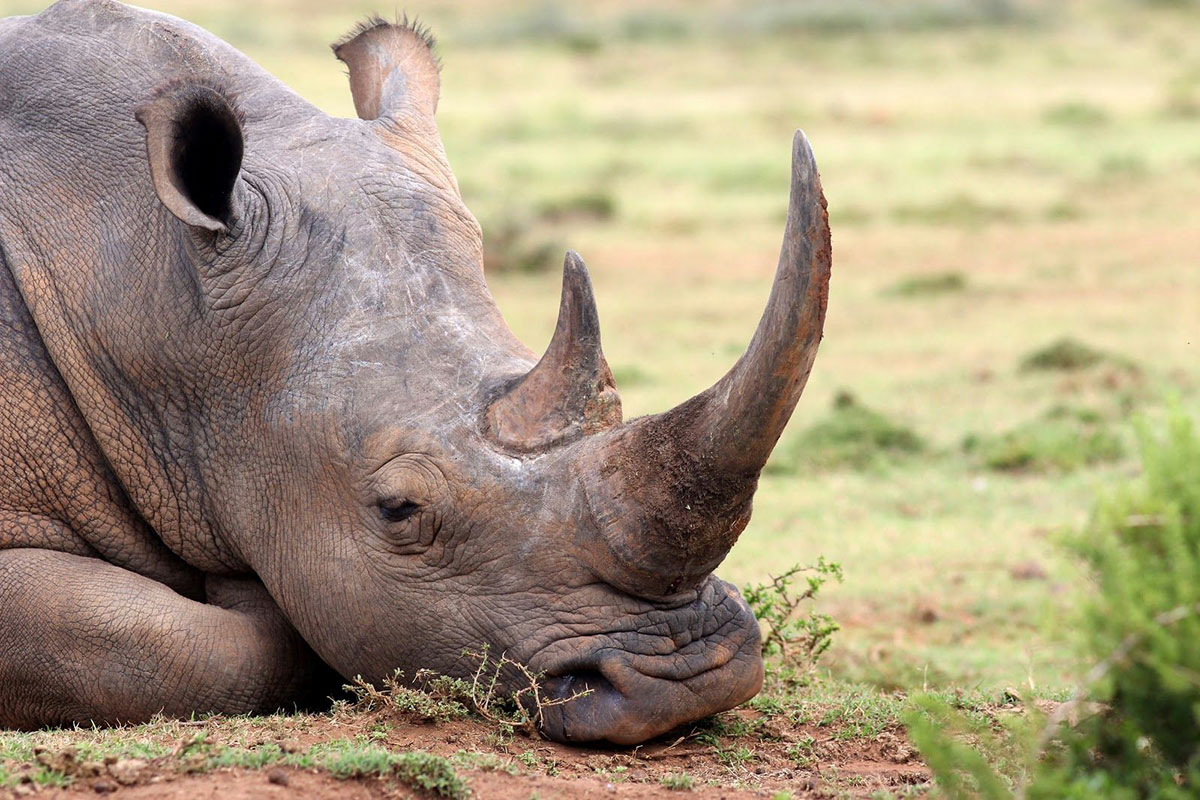
Massive step forward in South Africa

South Africa announced in May 2021, that they will end the captive lion industry in their country. This is huge news and long overdue. Minister Barbara Creecy announced that the hunting of captive bred lions, cub petting and tourist interactions, as well as the commercial sale of lion parts will all come to an end. South Africa will no longer issue permits to breed, keep, interact or hunt with captive lions, and all existing permits to breed lions will be revoked. Note that this still needs to be made into law, and there will be massive pushback from the hunting industry and lobby, but this is a huge step. Also the fate of the lions currently in captivity(anywhere from 6,000-12,000) if this passes into law is unknown, as they cannot survive in the wild. Most likely the majority of lions will be euthanized, but this is not clear yet.
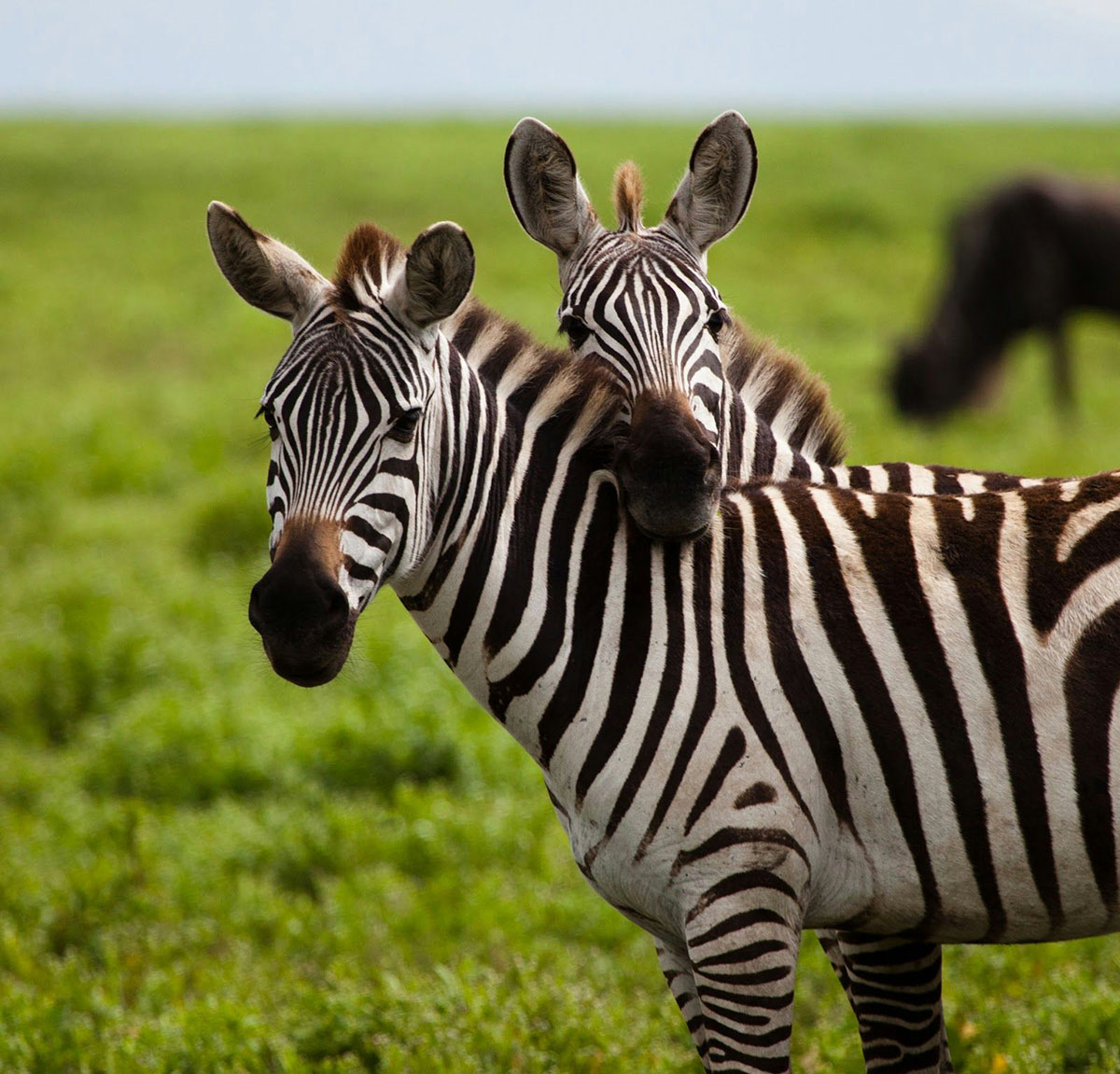
Major Airlines Ban the Transport of Animal Trophies

Since Cecil’s death, over 40 airlines have introduced bans on wildlife trophies on their carriers. Delta Airlines, which has the most flights of any U.S. carrier in and out of Africa, announced in August 2015 that they would no longer allow the transport of “African Big Five” (lion, leopard, elephant, rhinoceros and Cape buffalo) trophies on their airplanes. American Airlines, British Airways, United Airlines, JetBlue, and Virgin have also banned shipments of African Big Five trophies. Numerous other airlines have banned the shipment of animal trophies altogether.
Airlines that do not transport African Big Five trophies: Air Canada, United Airlines, American Airlines, United, Delta, Air New Zealand, CargoJet, Condor, WestJet
Airlines that do not transport any hunting trophies, including the African Big Five: Etihad Airways, KLM, Air Europa, Virgin Atlantic, Virgin Australia, Virgin America, Brussels Airlines, Qatar Airways, Air France, British Airways, IAG Cargo, Qantas, Singapore Airlines, Austrian Airlines, Binter Canarias, JetBlue, Turkish Airlines, Comair, Hawaiian Airlines, CityJet, LOT Polish Airlines, Aer Lingus, Ethiopian Airlines, Iberia Airlines, Finnair (including no skins/hides), Air Berlin, Vueling Airlines, Aeroméxico, FastJet, The Mediterranean Shipping Company, SriLankan Airlines, ParcelForce.
Emirates Airlines does not transport any CITES Appendix I listed endangered species, including elephant, rhino, tiger, or lion hunting trophies. Lufthansa does not transport any animal trophies out of Africa. Swiss International Air Lines does not transport any CITES Appendix I listed endangered species or lion trophies. (CITES is the Convention on International Trade in Endangered Species of Wild Fauna and Flora.)
Of all the major airline carriers, only South African Airways, UPS, and FedEx have not enacted some sort of hunting trophy ban, but pressure is mounting on them to do so, too.
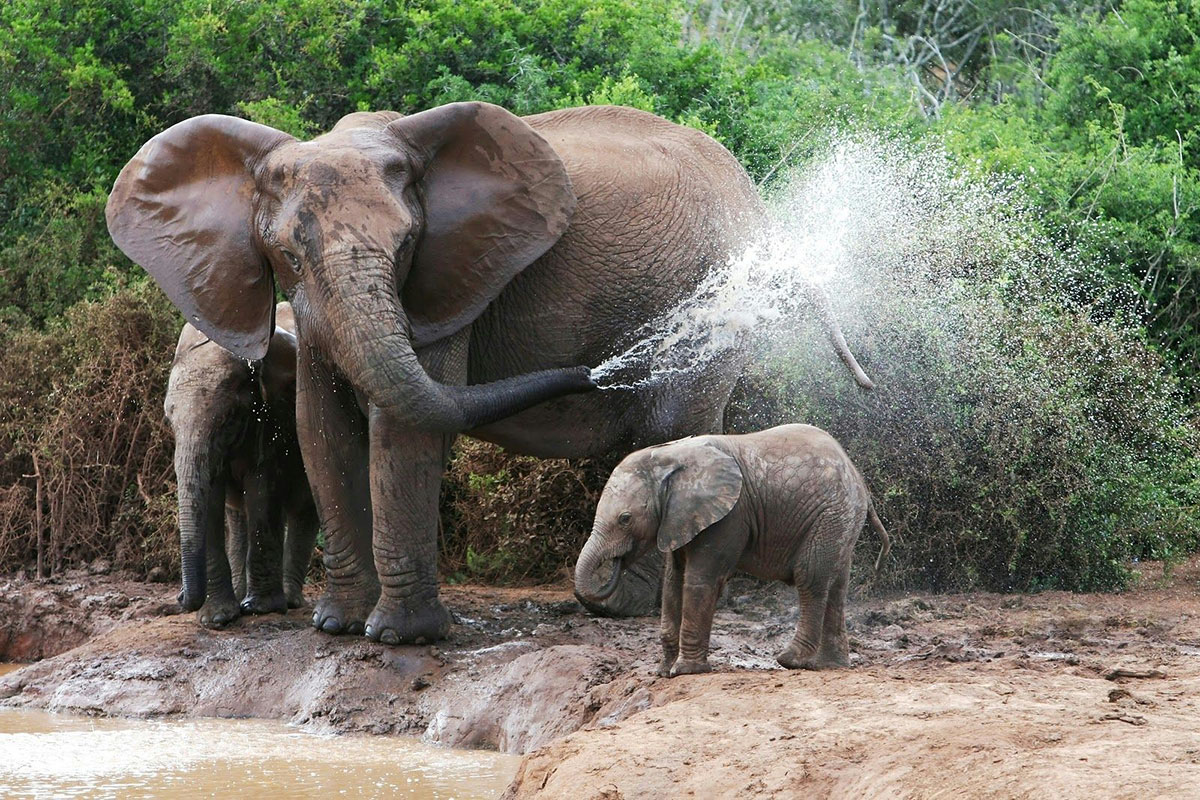
Increased Public Awareness of Trophy Hunting

Cecil’s death has resulted in a massive increase in public awareness about trophy hunting and how it is impacting threatened and endangered African animal species. Numerous celebrities, including Miley Cyrus, Piers Morgan, Shannen Doherty, Olivia Wilde, Debra Messing, and Ricky Gervais have publicly denounced Cecil’s killing and called for an end to trophy hunting. Their outspoken, passionate concern has brought the issue to a much wider audience. Visual artists from around the world have created and dedicated art to Cecil, including former Disney animator Aaron Blaise. Late-night talk-show host Jimmy Kimmel raised $150,000 in less than 24 hours for Oxford’s Wildlife Conservation Research Unit, the educational organization that had been tracking Cecil’s activity and location. Palmer’s murder of Cecil has sparked a very public discussion among conservation organizations, animal rights activists, and the public at large about the ethics of big-game hunting. Animal welfare activists are now vocally calling on African countries to ban the cruel practices of bow hunting, lion baiting, and tracking from hunting blinds if an outright hunting ban can not be achieved. In addition, emphasis is being focused on increasing revenue from African photo tourism safaris as a way to push out trophy hunting operations altogether.
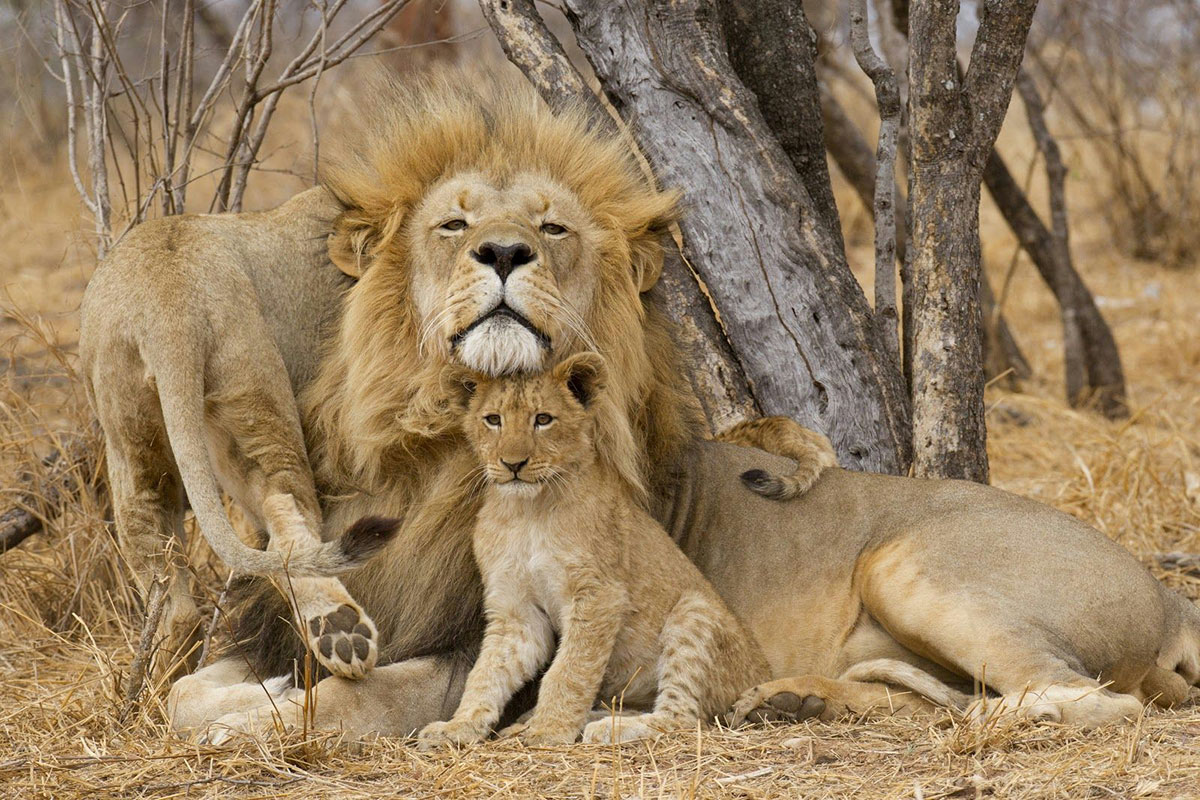
Government Legislation

Since Cecil’s death, several American lawmakers have introduced bills to restrict wildlife trophy imports. The Conserving Ecosystems by Ceasing the Importation of Large (CECIL) Animal Trophies Act was reintroduced by Arizona Democrat Raul M. Grijalva in 2019. If enacted, the CECIL Animal Trophies Act would make it illegal to import any body part of any animal species listed as threatened or endangered by the International Union for the Conservation of Nature (IUCN). In the House of Representatives, Reps. Sheila Jackson Lee, D-TX, and Eddie Bernice Johnson, D-TX, plan to sponsor a bill, called The Cecil the Lion Endangered and Threatened Species Act, to amend the Endangered Species Act to ban all trophy killings. “The conservation of rare and threatened species is critically important to the sustainability of our ecosystem…It is appalling and shameful when vulnerable species are intentionally abused, killed and exterminated,” said Representative Lee. At the state level, legislators in New York and New Jersey have introduced bills to restrict intrastate sales and transportation of animal trophies. In Washington state, Measure I-1401 was signed into law in November 2015, making it the most stringent illegal wildlife trade law passed at the state level. It increased penalties for buying and selling products made from lions, elephants, rhinos , tigers, leopards, cheetahs, marine turtles, sharks, rays and pangolins. And in California, Assembly Bill 96 was signed into law in October of 2015, making it it illegal to sell nearly any kind of product containing elephant ivory or rhino horn, including antique guns and chess sets.
In December 2022. the U.S. Senate passed S.263, which is the Big Cat Public Safety Act. Although this is not specific to big cats used for hunting, the new law will ban breeding big cats for the pet trade or for use in commercial cub-petting operations. As there is a clear link between cats bred for the pet trade, or used for cub petting, and the canned hunting industry, this law is a huge win.
On May 1, 2024, The Biden Administration tightened rules on African elephant imports. It restricted imports to countries that can certify that their elephant populations are sustainable and not in decline. An additional provision, which will take place in 2026, will require exporting countries to have proven conservation laws for their elephant populations. Although this is a major step for the U.S., it falls short of a much needed outright ban on trophy imports.
European conservationists, activists, and politicians have called on the EU to ban the import of lion trophies from African countries. In November of 2015, a giant step forward took place when France’s environment minister, Ségolène Royal, announced that France would became the first European country to ban the import of lion trophies. This move could very well have a ripple effect with other European Union countries. Furthermore, she revealed that France is considering stricter controls on trophies from other species, as well. Less than a week after France’s announcement, Great Britain declared that unless drastic improvement in the African trophy hunting industry takes place, and African countries can prove their lion populations are stable, it too will ban the import of all lion trophies beginning in 2017. Australia was the first country to ban lion trophies in March of 2015.
Following France’s lead, the United States Fish and Wildlife Service in December 2015 announced that Central and West African lions were being added to the Endangered Species Act (ESA) endangered list, making it illegal to import lion trophies from these regions. Lions from Eastern and Southern Africa were added to the threatened list, making it more difficult to import lion trophies from those regions.
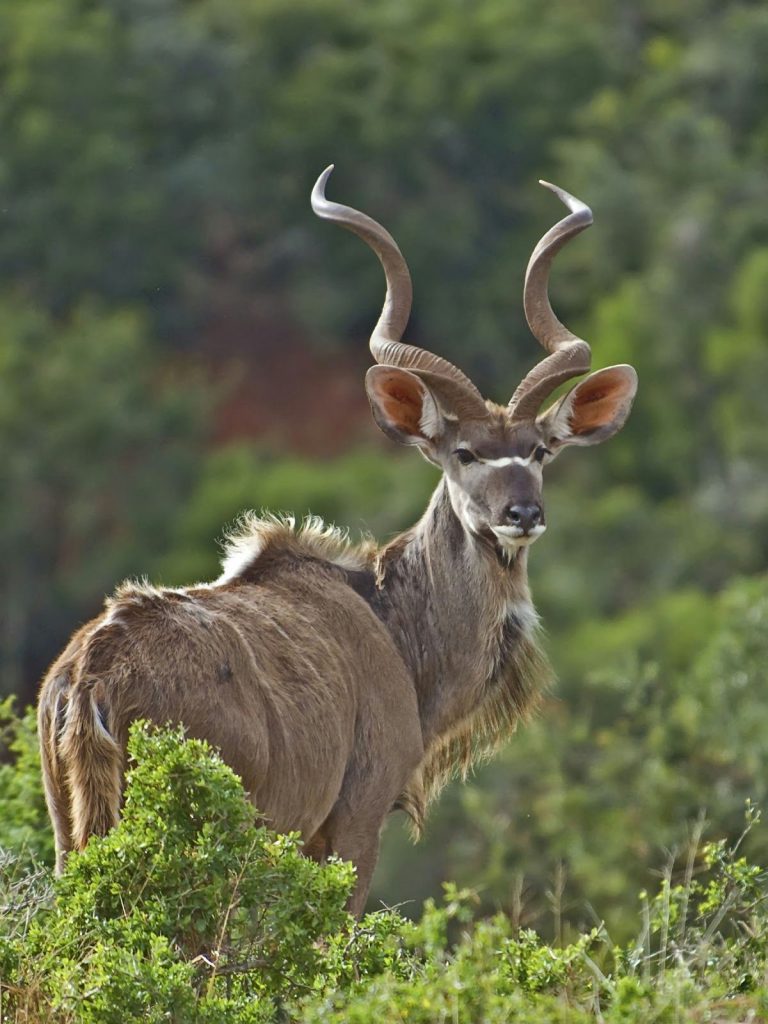
Endangered Species Advocacy Organizations

Numerous global and national animal advocacy groups have been galvanized by the worldwide outrage over Cecil’s death. Many have been working for an end to trophy hunting, wildlife poaching, and habitat loss for decades. Organizations like Born Free, Panthera, Lion Aid, Four Paws, Annamiticus, Humane Society International, League Against Cruel Sports, PETA, and International Fund for Animal Welfare have turned the tragedy of Cecil’s death into an opportunity to both educate the public about trophy hunting as well as lobby federal and regional governments to regulate this industry that has, for so long, escaped any significant governmental oversight.
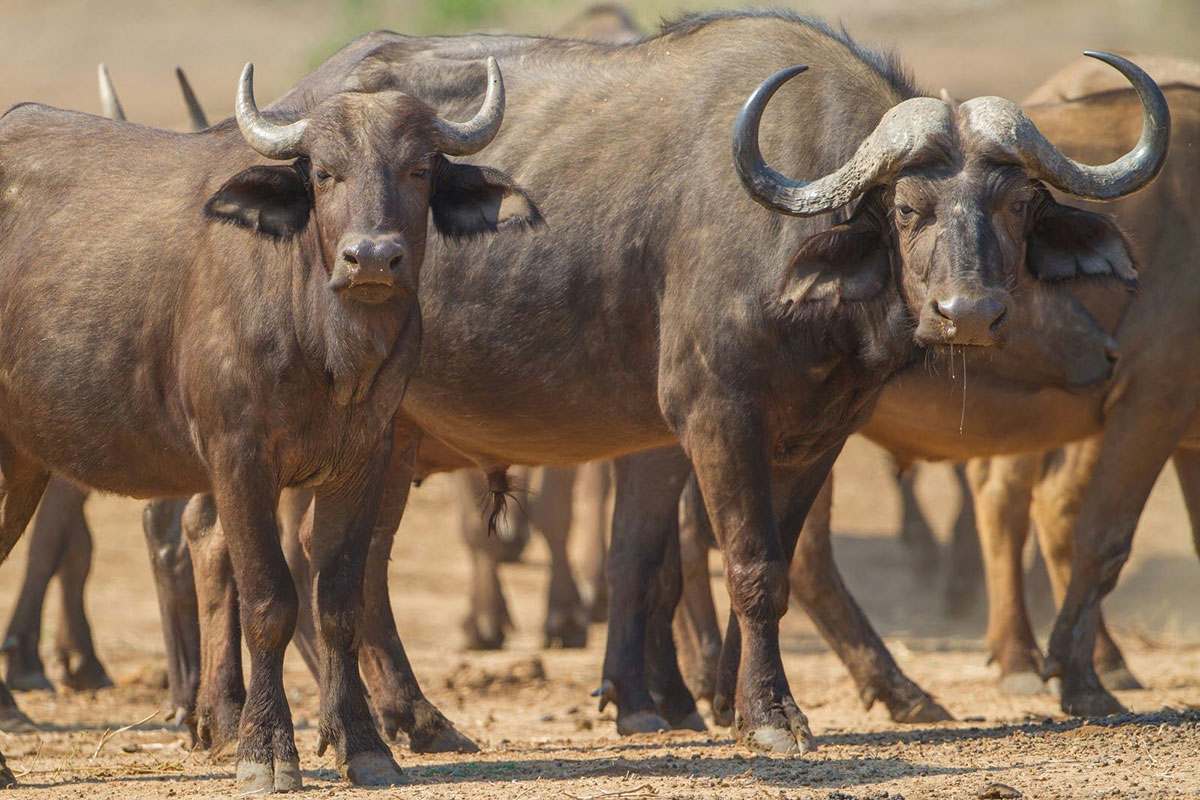
Born Free Foundation
Born Free Foundation is a high-impact animal rights organization at the forefront of putting an end to trophy hunting and poaching. They are also very active in protecting natural wildlife habitat in Africa and the rest of the world. Founder Will Travers and the Born Free staff work tirelessly to halt the race to extinction by protecting rare species in their indigenous environment and educating regional governments and populations. Working with local communities through effective initiatives, they aim to find compassionate solutions so people and wildlife can live together in harmony. Born Free is headquartered in the UK, but their major work takes place in Africa through Born Free Kenya and Born Free Ethiopia. Born Free USA educates millions of people in the Americas about the dangers facing wildlife through all types of media to reach the widest possible audience. They are also actively working to phase out animal zoos and circuses worldwide.
The Born Free Foundation declared 2016 the Year of the Lion. 2016 marked the 50th anniversary of the award-winning 1966 film Born Free, which featured the story of Elsa the lioness and starred Will Traver’s parents, Bill Travers and Virginia McKenna, who, with Will, founded Born Free. Bill and Virginia were early pioneers of the movement to protect wild animals in their natural habitat. Through Born Free they have created the Zoo Check Campaign, Elefriends Campaign, Wolf Campaign, Dolphin Campaign, Primate Campaign, Big Cat Campaign, and Bear Campaign
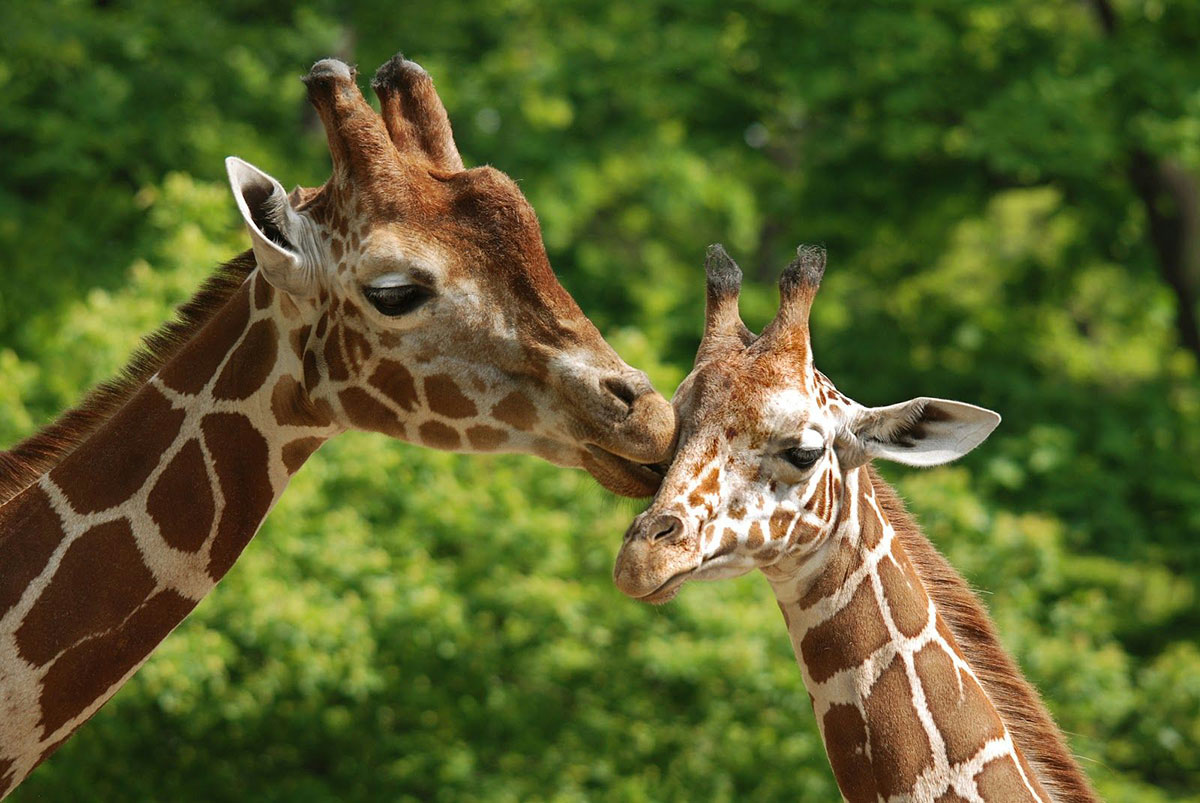

Action
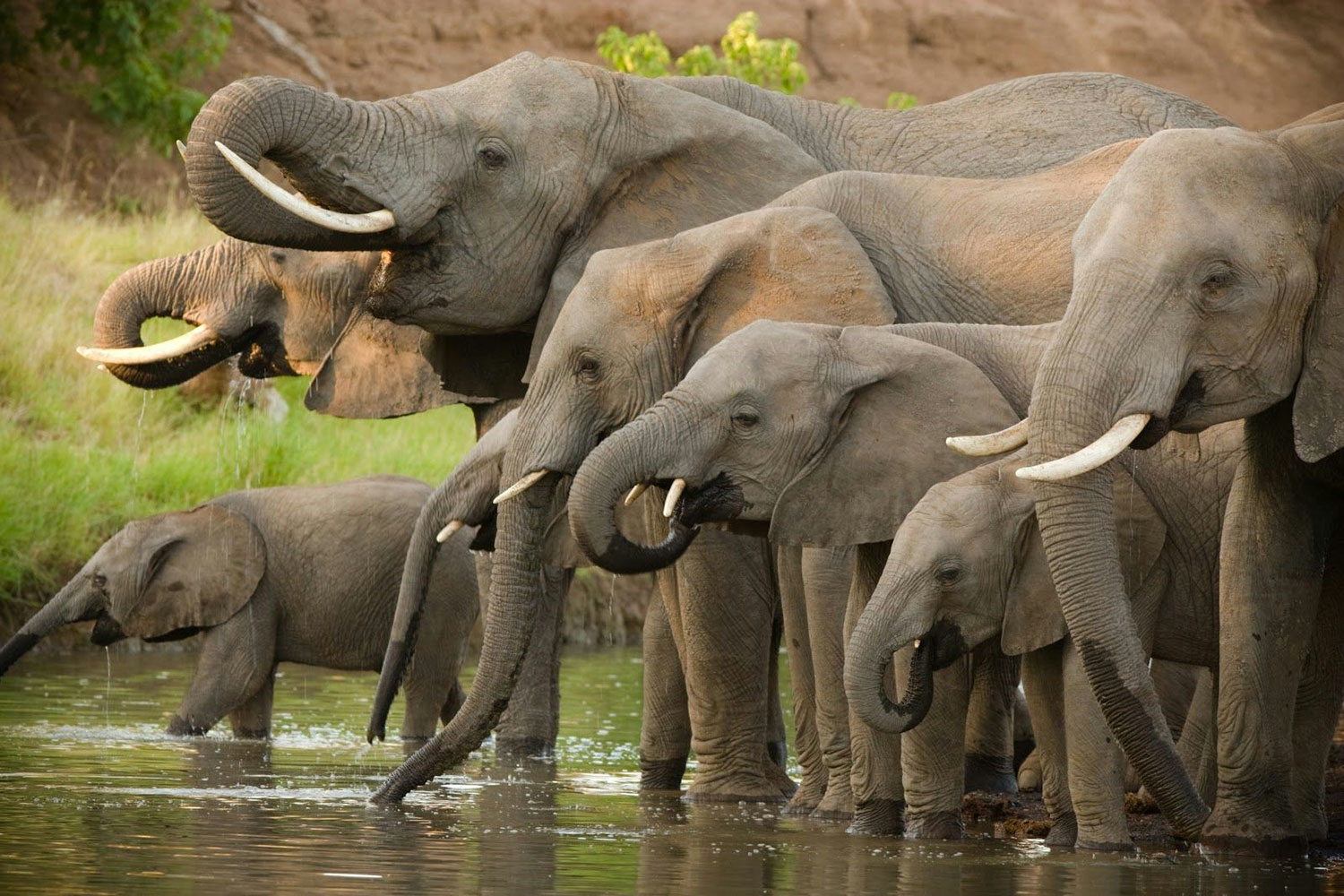
Since the death of Cecil the Lion in July 2015, there has been a massive global effort to expose the effect trophy hunting is having on African endangered and threatened species like the African lion, African elephant, black rhinoceros and African leopard. Please stand up and join the effort before it is too late and these magnificent animals become a thing of the past. When you speak out on behalf of these extraordinary creatures, you become an important part of the movement to protect them from hunters and ensure their place in the African landscape for future generations. Here are some ways you can help.
Urge South African Airways, UPS, and FedEx to Stop Transporting Animal Trophies

Cecil the Lion’s death at the hands of a wealthy trophy hunter has brought worldwide condemnation of the trophy hunting industry and the role airlines play in it. Quite simply, if hunters can’t transport the trophies of the animals they kill in Africa to their homes, few will have sufficient motivation to hunt the animals in the first place. Most airline passengers would be horrified to know that in the cargo hold below their feet is the lifeless remains of a once magnificent wild animal killed by a trophy hunter. By enacting bans that prevent hunters from using cargo holds to transport Africa’s endangered wildlife, airlines are sending a clear message that wild animals are worth much more alive than dead. There is no financial reason for any airline to continue to transport animal trophies if they risk losing significant business because of it. Airlines need to know that their customers will no longer fly with them as long as they continue to support the trophy hunting industry by transporting animals that have been killed, many of which are endangered species.
Since Cecil’s death, more than 40 airlines have introduced bans on wildlife trophy shipments on their airplanes. Some have exclusively prohibited the shipment of the African “Big Five” : lions, elephants, rhinos, leopards, and water buffalo. Others have gone a step further and banned the transport of any animal trophies. South African Airways and parcel carriers United Parcel Service (UPS) and FedEx still allow the transport of animal trophies. Take the time to urge them to change their policies. And let them know that you will not be a customer until they do.
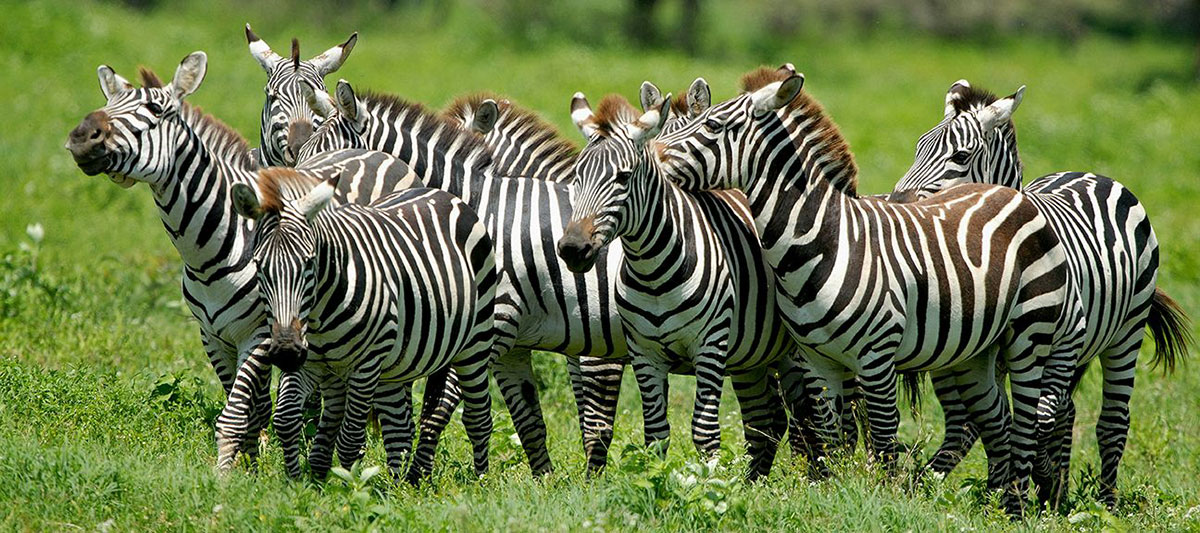
CONTACT YOUR LEGISLATOR REGARDING THE CECIL ANIMAL TROPHIES ACT

Please call and urge your state and federal congressional representatives and senators to support the below bill or suggest they draft others that ban the import of animal trophies.
The Conserving Ecosystems by Ceasing the Importation of Large (CECIL) Animal Trophies Act was introduced into the US Senate by Arizona Democrat Raul M. Grijalva in 2019. It would provide legislation that would restrict trophy hunting of endangered and threatened species.
Click here to find your US state congressman and senator. Click here to find your US federal congressman and senator.
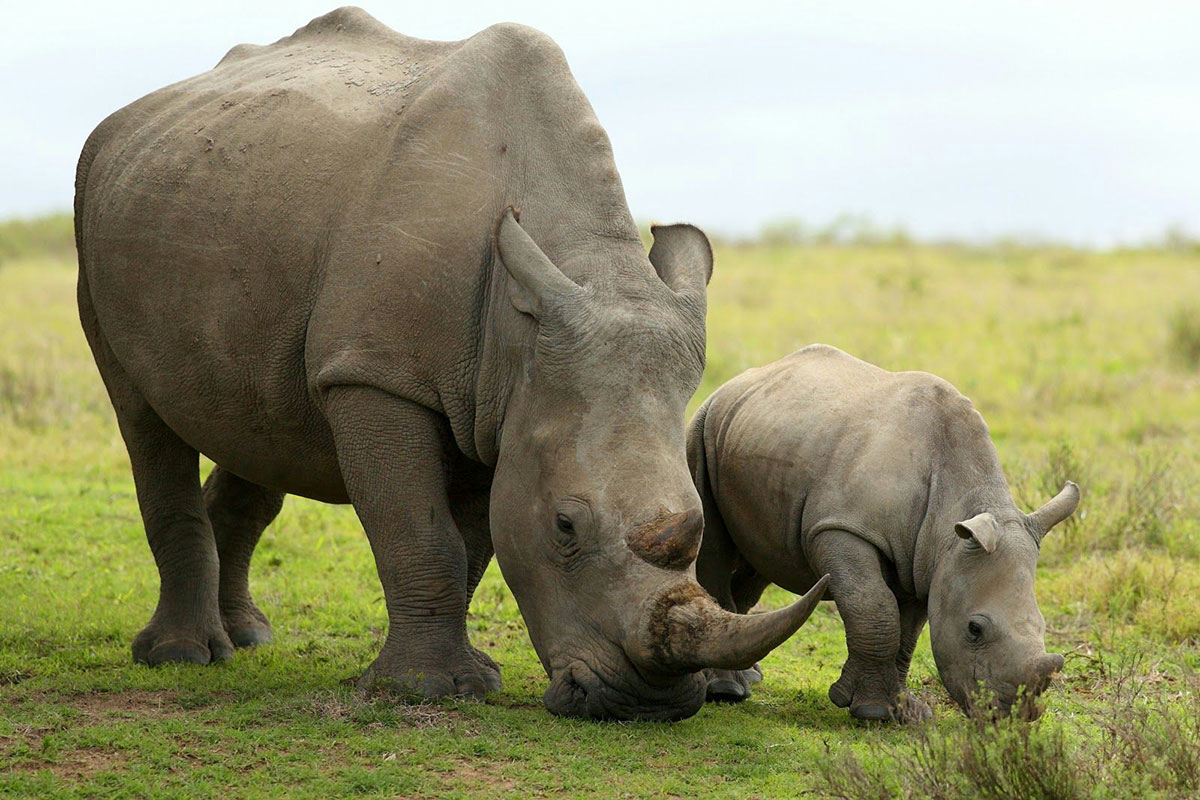
Urge U.S. Fish and Wildlife to Act in the Interests of Animals

The American Endangered Species Act (ESA) was enacted by Congress in 1973. It criminalized the importation of endangered species, either living or dead, unless they were used for “scientific research, enhancement of propagation, or survival of the species.” Despite this, the U.S. Fish and Wildlife Service (FWS), which implements and enforces the ESA, still allows trophy hunters to import trophies of endangered species through a system of loopholes and vague interpretation of the ESA wording. Most notably, the FWS interprets the term “enhancement” in the ESA to include trophy hunting of an endangered species if it can be argued that the killing of an individual animal aids that species’ conservation. The FWS, Safari Club International, and other trophy hunting organizations argue that purchasing permits in African countries to hunt and kill endangered animals helps those countries conserve the species, despite data that shows the greatest decrease in endangered species populations has occurred in countries with the highest concentration of trophy hunting. Moreover, the FWS grants permits to American “canned hunting” ranches, giving them permission to kill endangered and threatened species based on “the propagation of the survival of the species” clause of the ESA. This despite evidence that the ranches are breeding exotic and endangered species not native to the US solely for financial profit.
Call or write the FWS and let them know that you no longer want them to protect the interests of trophy hunting organizations like Safari Club International but instead the interest of the endangered animals, which is the mandate of their department. Clearly, allowing the killing of endangered species is not acting in the animals’ best interests. You can send the FWS an email by clicking on this link: http://www.fws.gov/duspit/contactus.htm. You can call the FWS headquarters at 1-800-344-9453 or write them at:
U.S. Fish and Wildlife Service
Director Dan Ashe
1849 C Street, NW
Washington, DC 20240
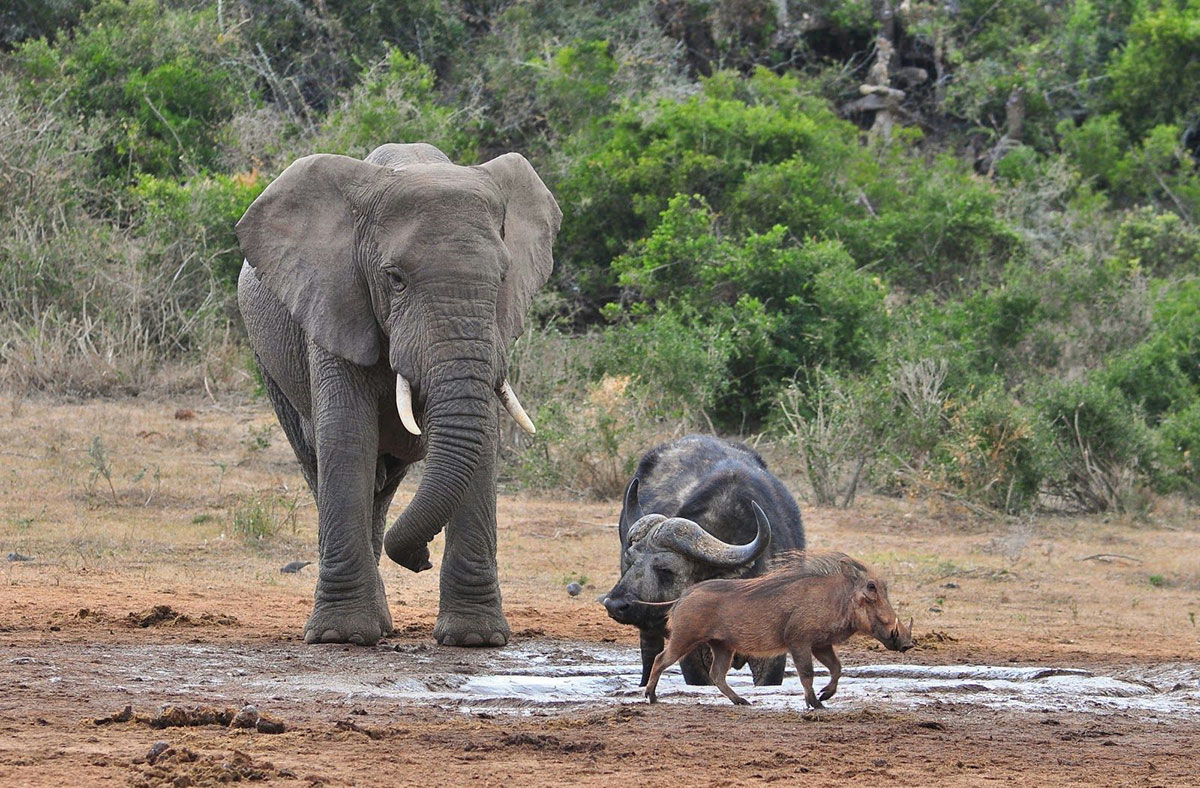
Educate Friends, Family and Your Community About the Link Between Trophy Hunting and the Extinction of Endangered Species

Tell your friends and family about how trophy hunting is hastening the extinction of many endangered and threatened animal species in Africa. Show them some of the educational videos and documentaries on the subject. Join other animal activists in demanding an end to the preferential governmental treatment afforded to trophy hunting organizations. The In Defense of Animals website has a take action page which describes ways you can help end trophy hunting.
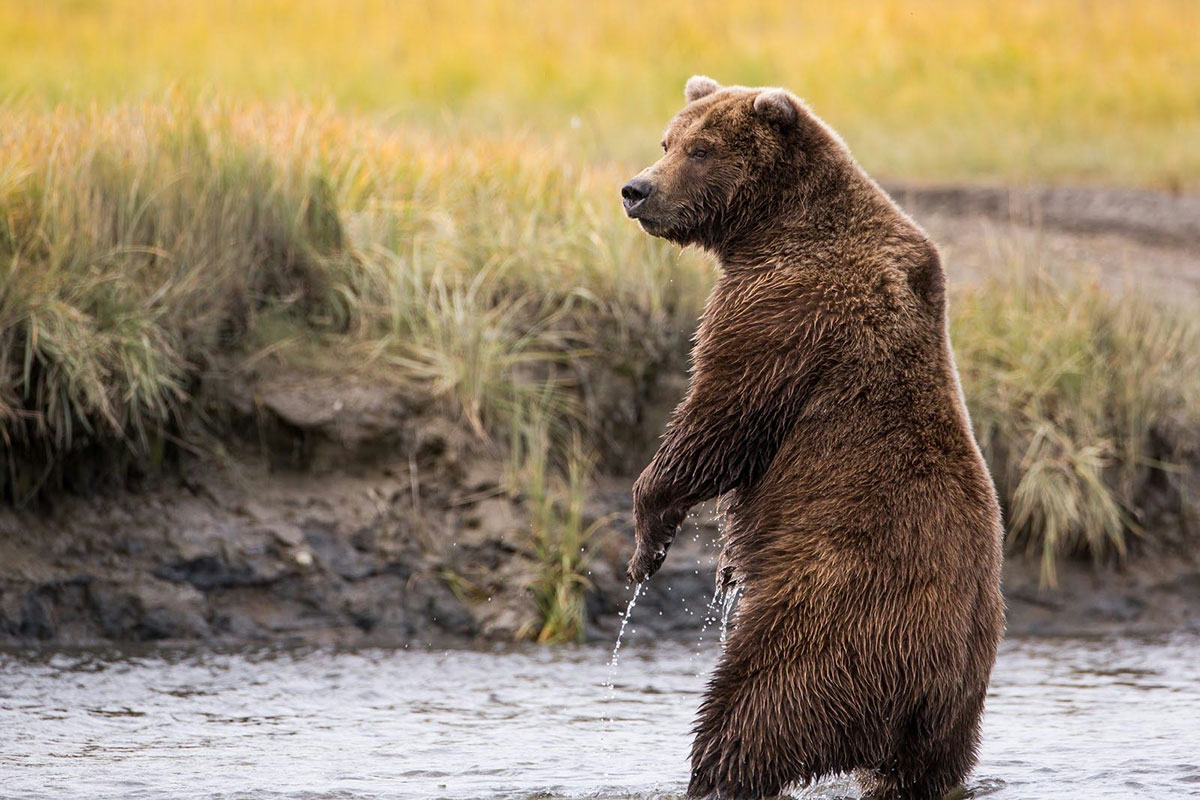
Post information on Facebook and other social media sites

Most animal advocacy organizations, including Born Free, Panthera, Humane Society International, In Defense of Animals, and PETA have Facebook and Twitter accounts with pages devoted to endangered species targeted by trophy hunters. Follow their pages and share photos and posts with your friends and family, keeping them up to date on wildlife animal advocacy news and issues.
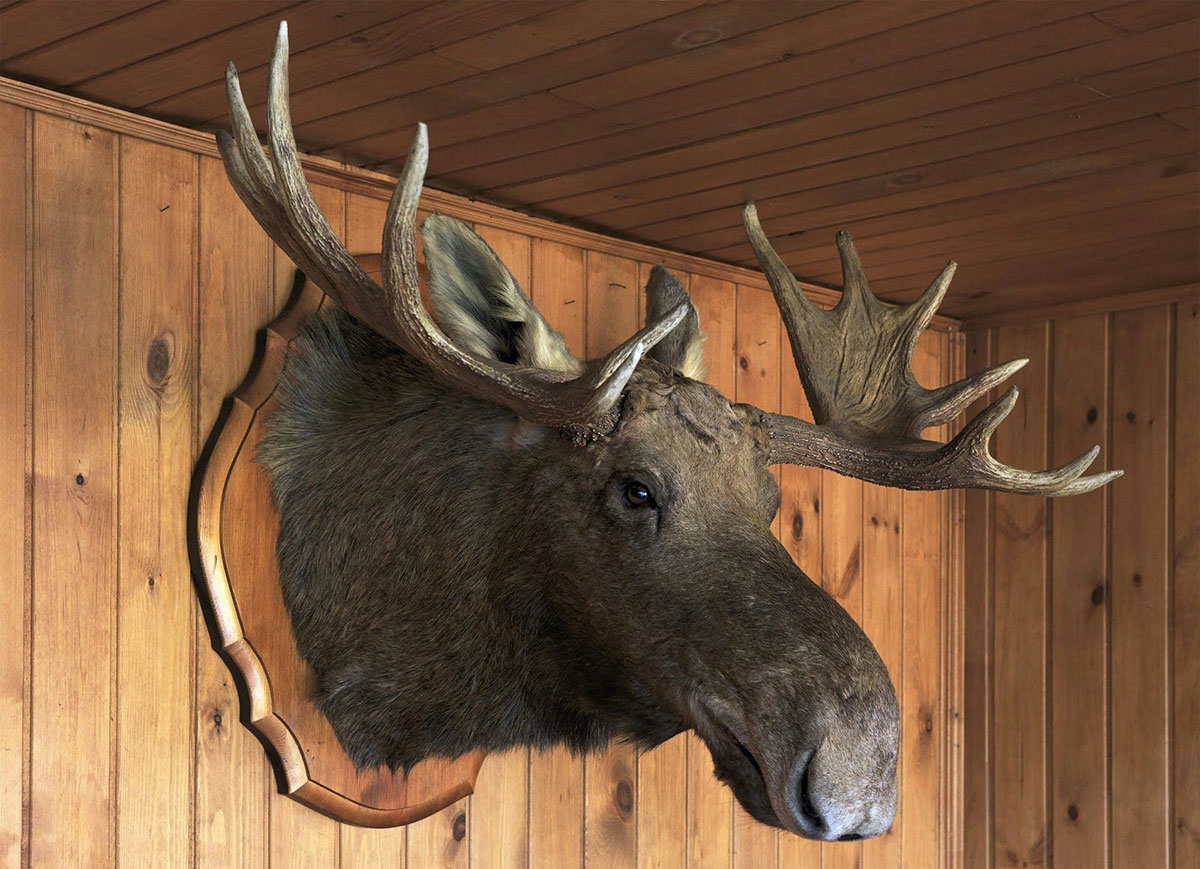

Facts
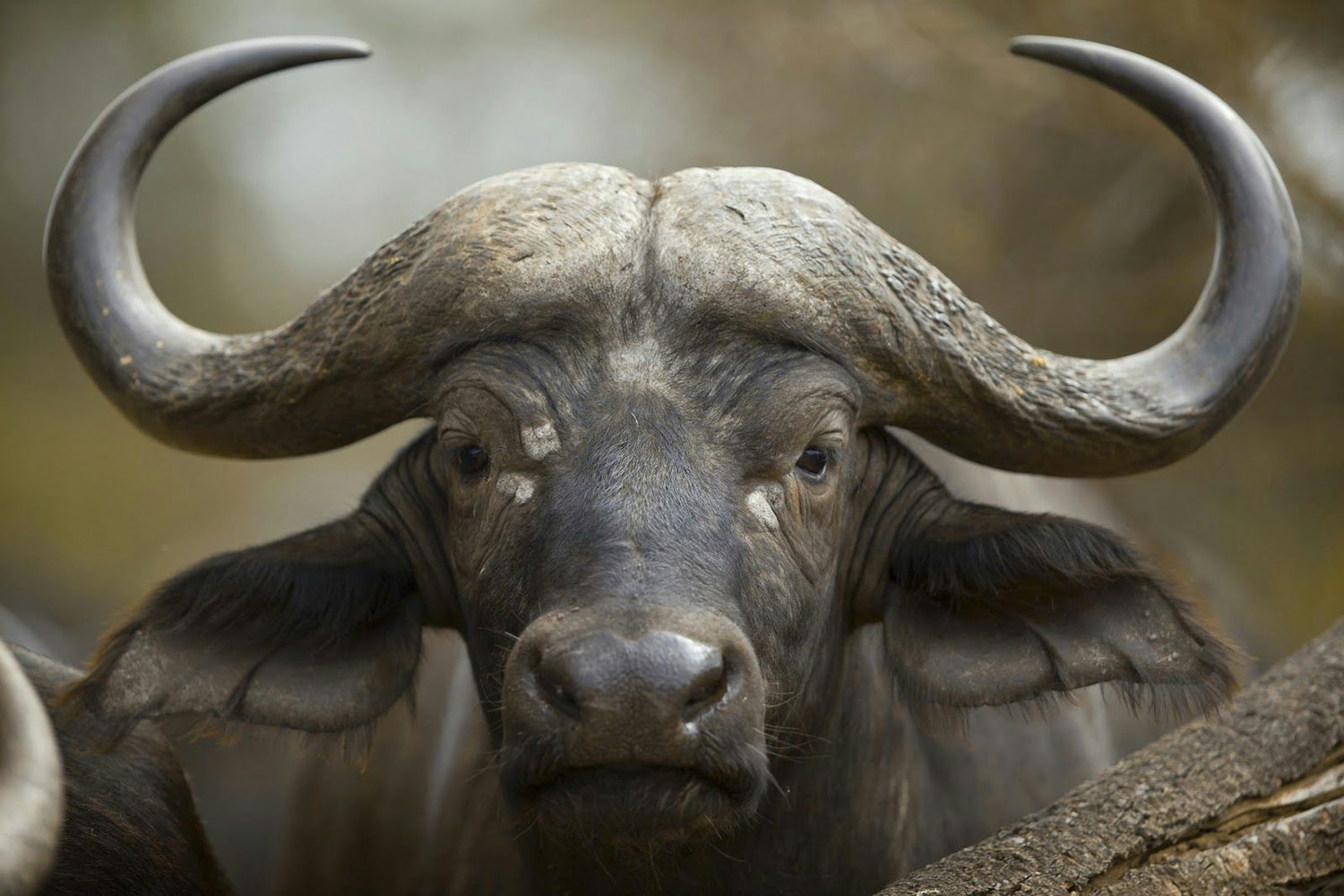
Trophy hunting organizations have long claimed that trophy hunting benefits the local population and promotes conservation. The sharpest decline in the lion population over the last decade, however, has occurred in countries with the highest concentration of trophy hunting operations. Moreover, a 2013 report by the not-for-profit group Economists at Large revealed that the trophy hunting industry contributes very little economic growth to the local populations where the trophy hunting operations are located.
Safari Club International (SCI) promotes trophy hunting throughout the world. It is a wealthy and powerful organization that contributes millions of dollars to politicians who support SCI’s desire to weaken legislation aimed at regulating and decreasing global trophy hunting. SCI members compete against one another to kill particular species of animals to win different SCI titles. To win all the SCI titles, a hunter has to kill 322 individual animals of different species or subspecies, many of which are listed as endangered or threatened.
The American Endangered Species Act (ESA) was enacted in 1973. It disallowed the importation of endangered species (dead or alive) under any circumstances except for “scientific research, enhancement of propagation, or survival of the species.” The U.S. Fish and Wildlife Service (FWS), which implements and enforces the ESA, has interpreted the term “enhancement” to include trophy hunting of protected species if it promotes the conservation the species. Despite widespread American opposition to this policy, the FWS continues to allow trophies of endangered species to be imported by trophy hunters.
Captive hunting operations, often referred to as “canned hunts” or “game ranches,” are private trophy hunting facilities that offer hunters the opportunity to kill animals trapped within fenced enclosures. Many of the animals killed are threatened or endangered species. There are more than 1,000 captive hunting operations in 28 American states, and over 500 in Texas alone.
Before being shot on a canned hunting ranch, lion cubs are usually placed in a “petting facility” where cubs grow up with human caregivers, learning to trust humans. After reaching adolescence at the petting facilities, the cubs are sold to canned hunting ranches. Hunters often choose which lion they would like to kill online in advance, with black maned male adults commanding the highest price.
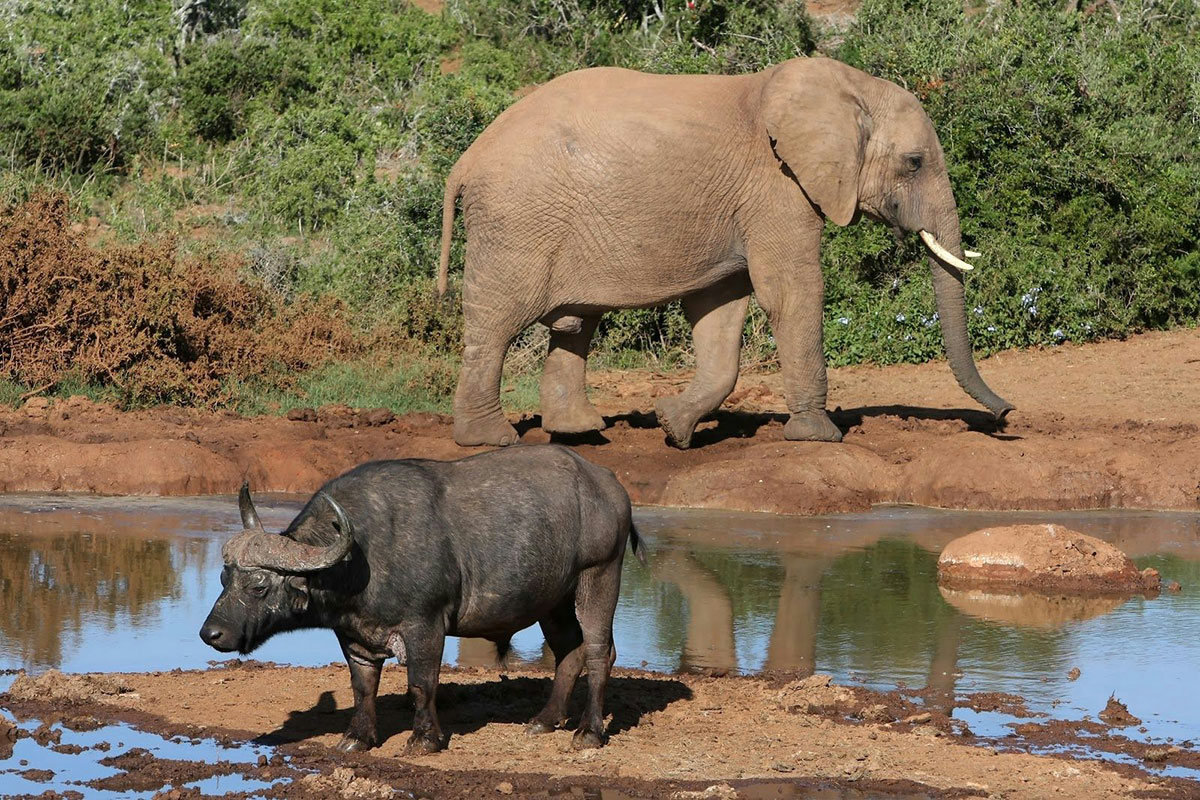

Explore
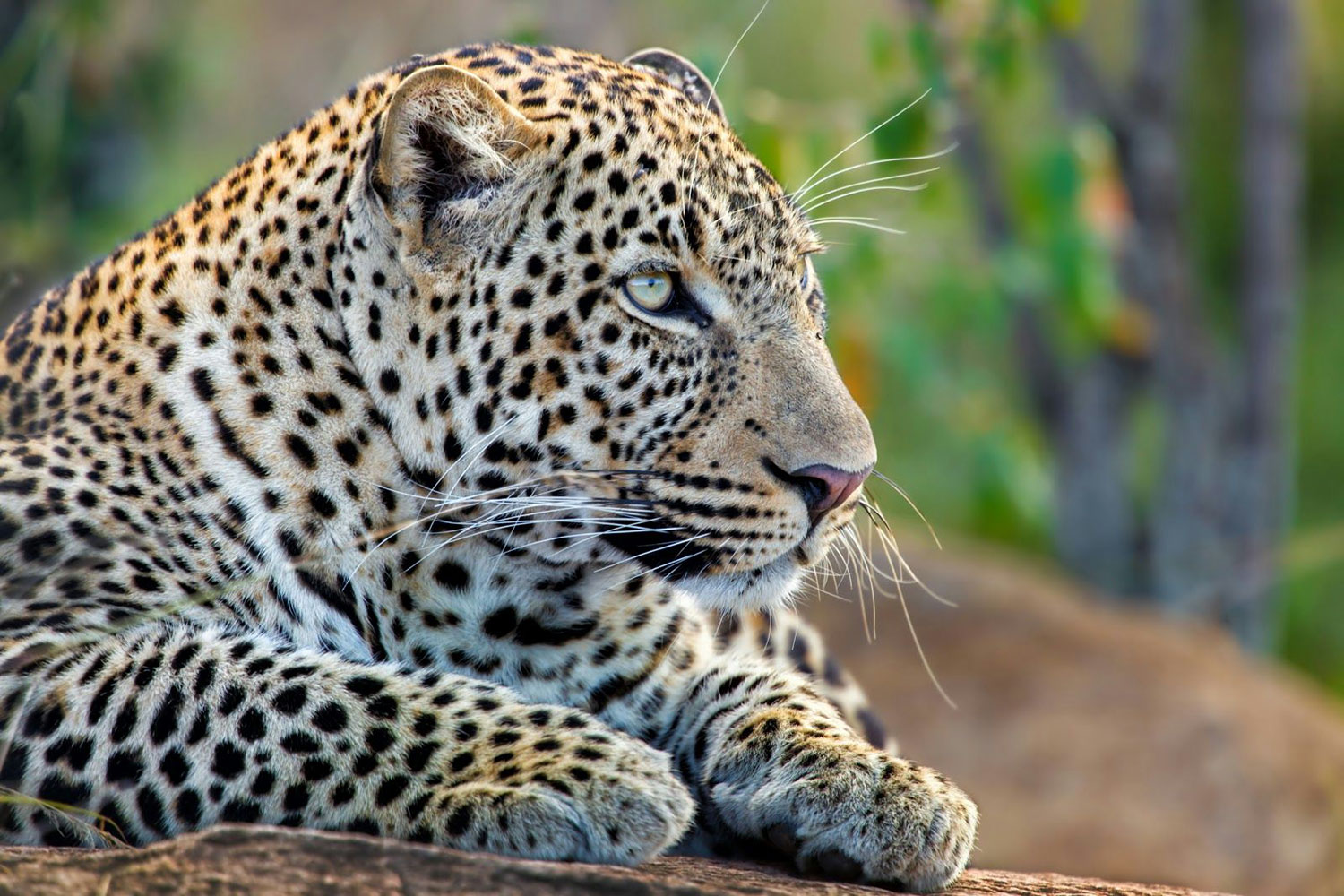
See

Explore the beautiful, fascinating world of African animals in the wild through these photos and video clips, and see how remarkable these intelligent animals are.
The Amazing African Elephant
African elephants are so resourceful, they are capable of surviving even in the middle of the barren Namib desert. Knowledge of how to thrive in these conditions is passed from generation to generation, taught by the older elephants to the adolescents.
Leaping Lechwe
Lechwe are a subspecies of antelope. The males are known for their long, spiraling horns. Witness the elegant beauty of this wild Lechwe herd jumping in and out of the marshlands of the Serengeti, located in northern Tanzania and southwestern Kenya.
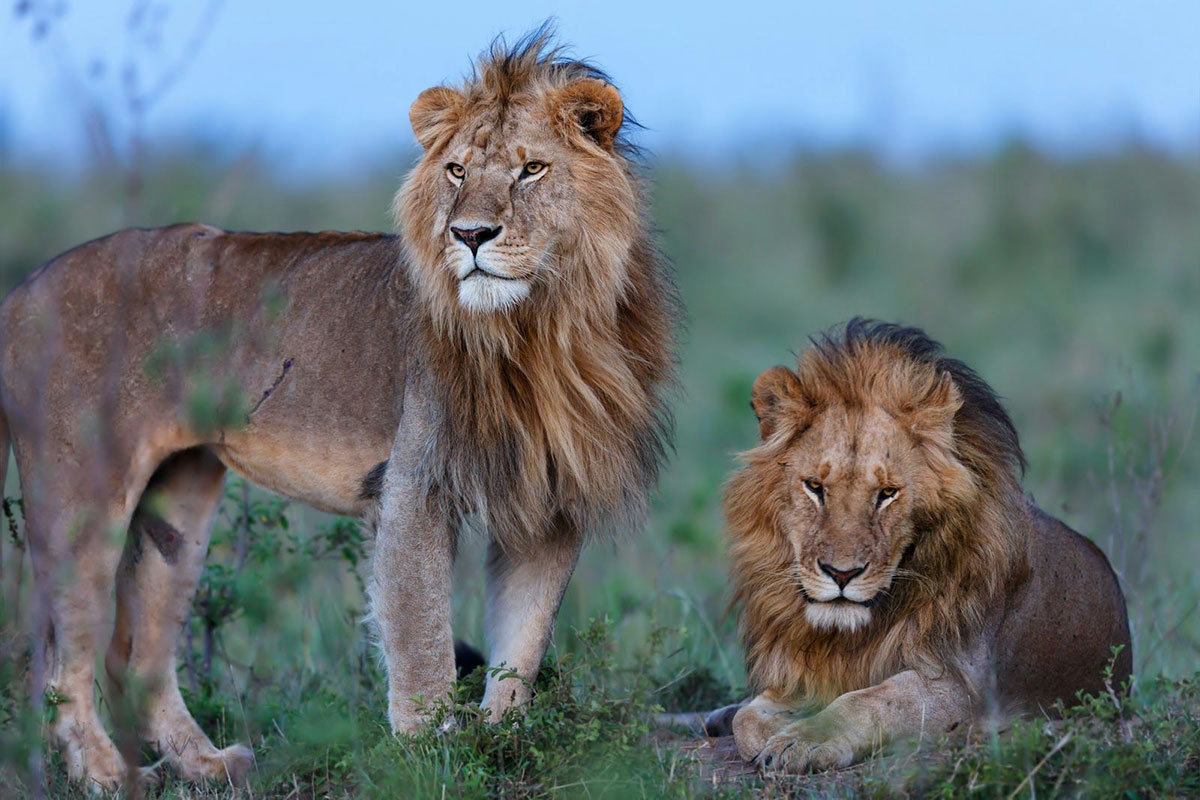
Herd Helps Baby Elephant
This baby elephant gets some help crossing the rain-swollen Ewaso Nyiro River in the Ol Pejeta Conservancy located in central Kenya.
Listen

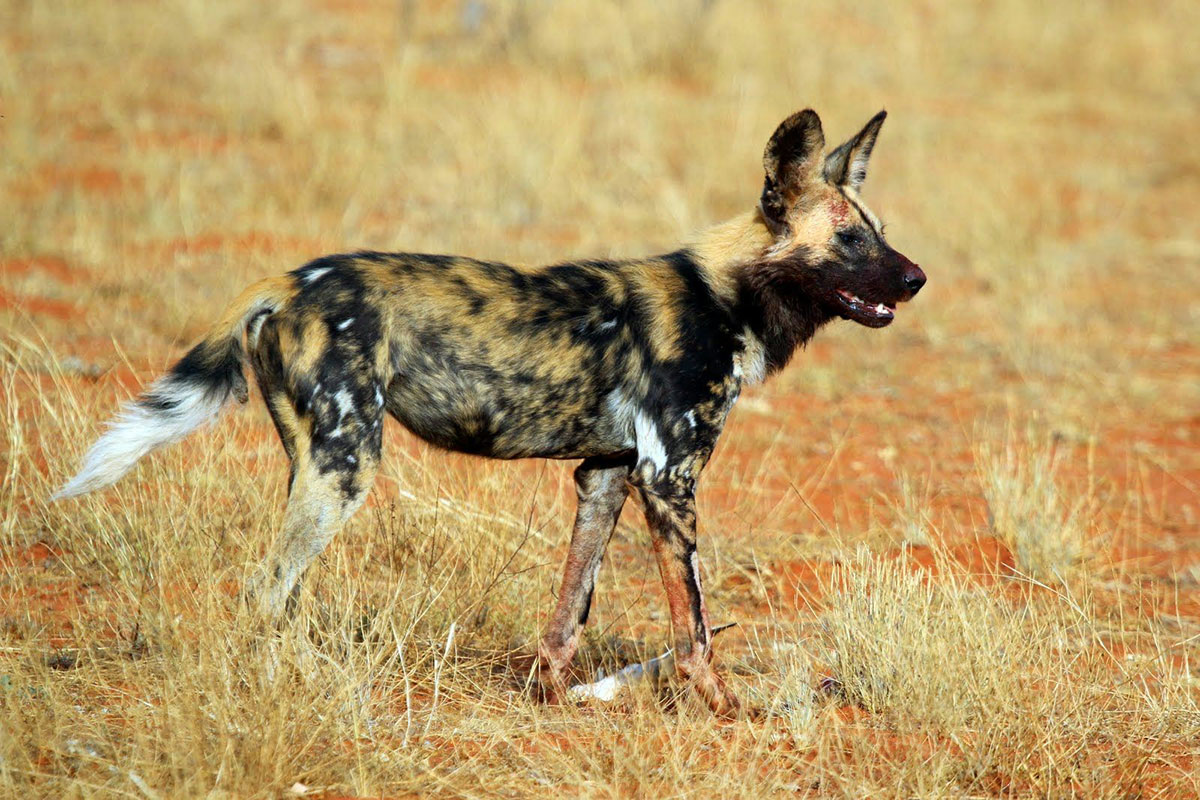
Africa is home to one of the most diverse, unique collections of animals found anywhere in the world. These animals have lived together for millions of years in harmony in their natural habitat. Each species has its own unique set of sounds and calls that, together with the vocalizations of the other animals, make up a beautiful symphony.
The Voices of African Animals
Like all animals, African animals communicate with one another in a variety of ways, including scent, body language, and vocal articulations. This video captures a wide array of African animals vocalizing.
Interact

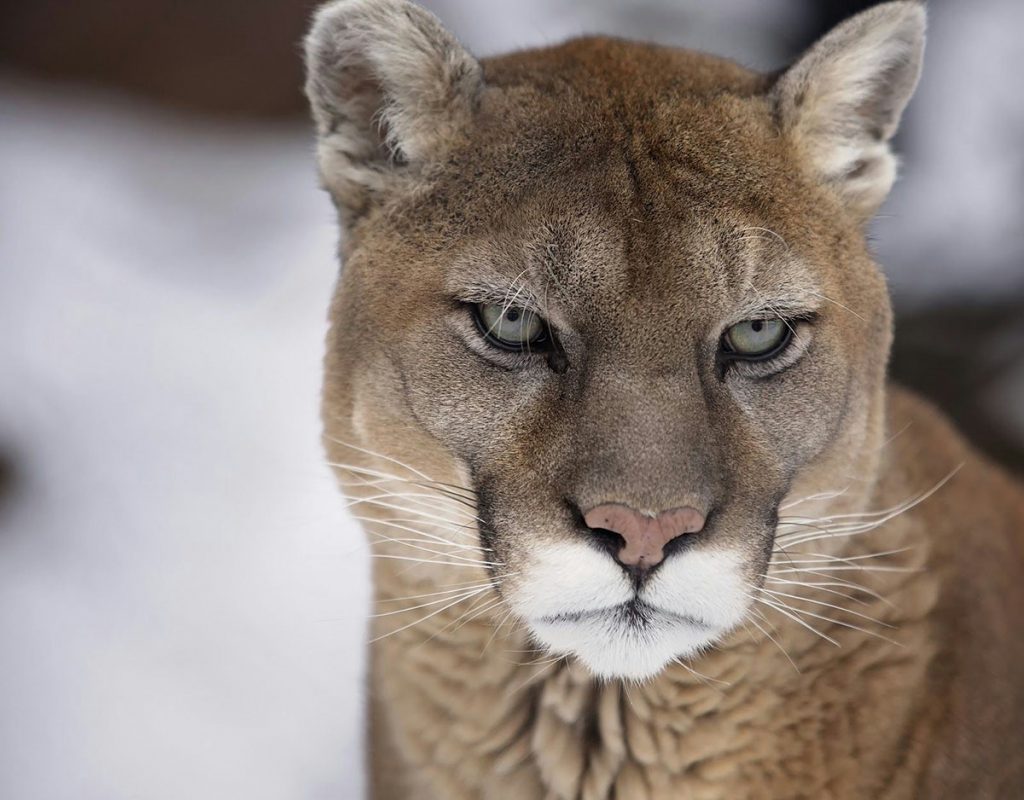
Through social media, you can connect and network with other dedicated animal activists from around the world who are committed to ending trophy hunting. Most of these advocacy organizations have social media pages that post news and important information on a daily basis. The links for the social media accounts of some of these groups are listed below, in addition to a link to their websites. Tell your friends, family, and communities about how trophy hunting is drastically decreasing the populations of magnificent African animals like elephants, lions, giraffes, and leopards. Take Action!
African Animal Voices
Learn

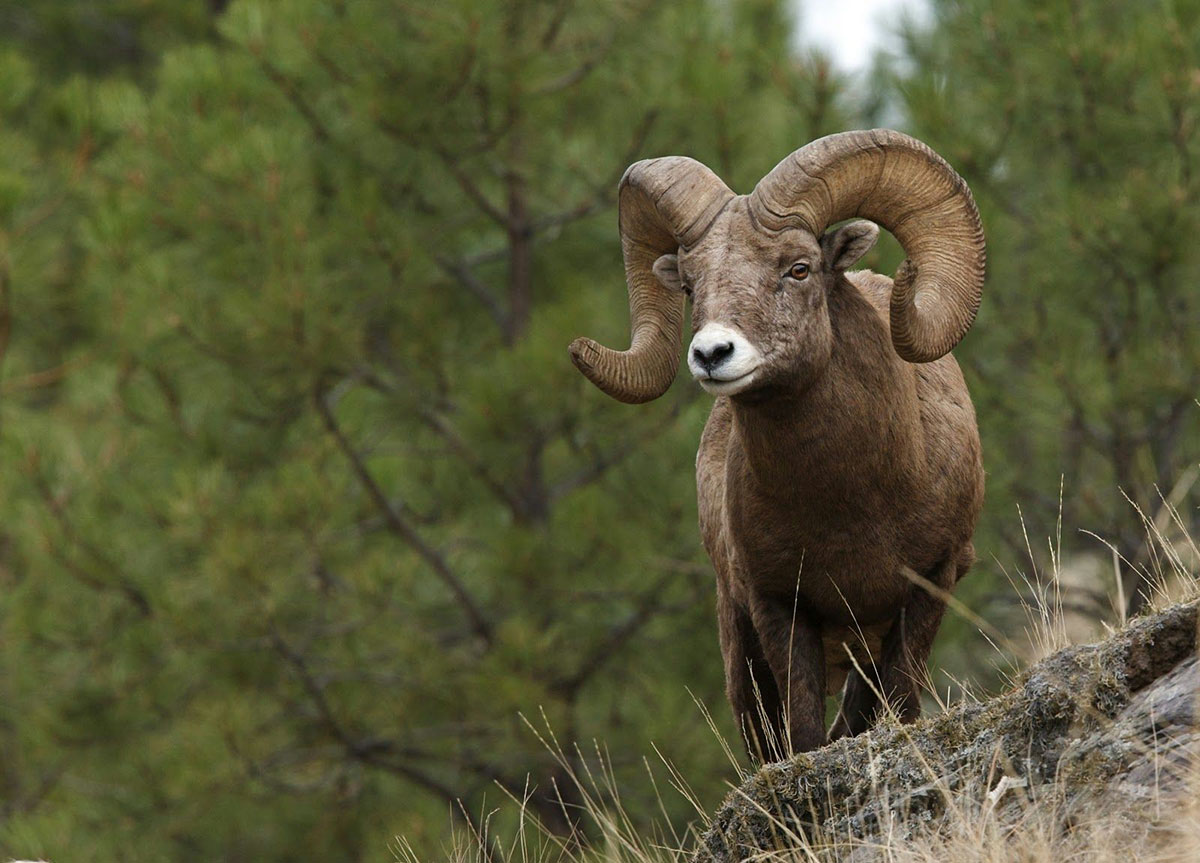
The Born Free and In Defense of Animals websites are great sources of information concerning trophy hunting, its effect on endangered species, and the effort to bring it to an end. These sites are fantastic resources for anyone who wants to educate and make a difference for animals.
Watch

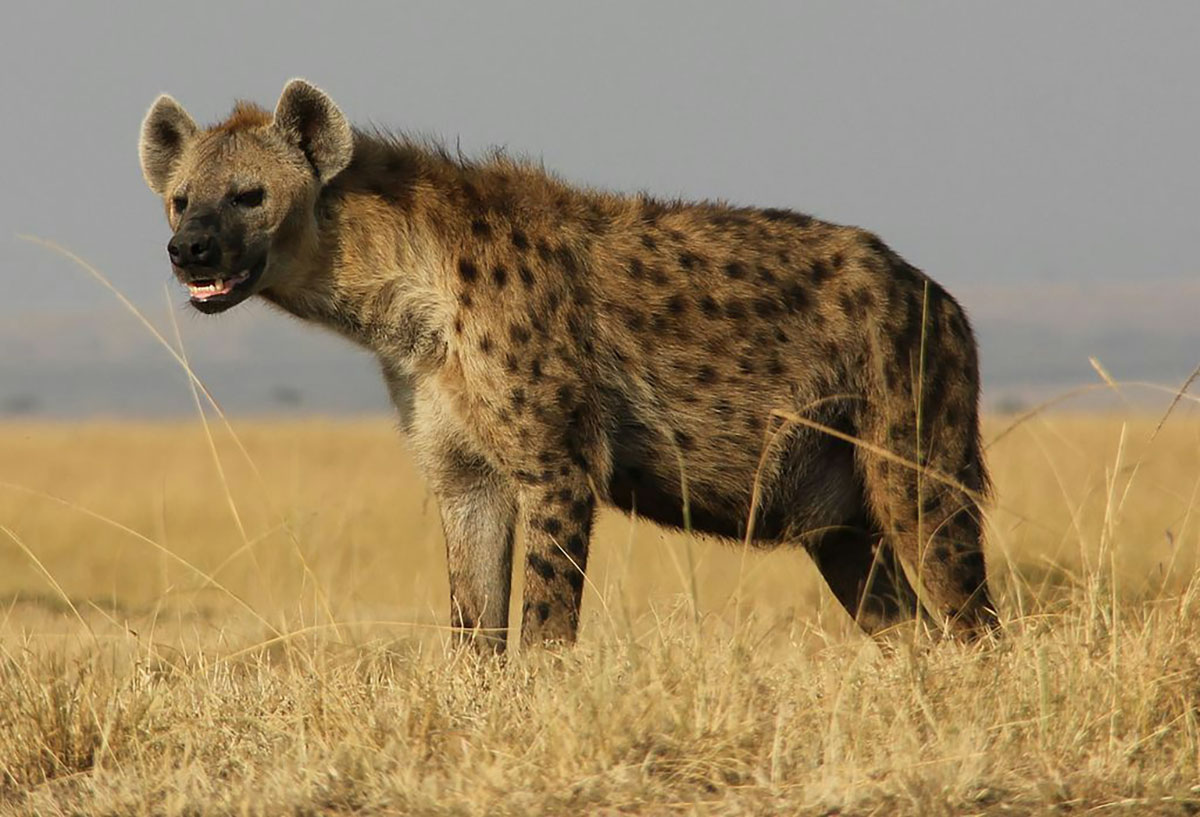
The following documentaries are great tools for anyone wanting to dive deeper into the world of African animals and the impact of trophy and canned hunting upon endangered animal populations.
Blood Lions
Blood Lions is a powerful documentary about the realities of the multi-million dollar lion breeding and canned lion hunting industries in South Africa. It has been screened throughout the world and has won numerous awards. Tens of thousands have been inspired to speak up and demand the abolition of canned hunting after viewing Blood Lions.
Canned Hunting—Dateline
The Con in Conservation Part I
The Con in Conservation Part II
Dead Lion Walking: Canned Hunting in South Africa
PBS: Protecting the African Lion from Trophy Hunters
Trophy-Yellowstone’s Grizzly Bears
Serengeti: The Adventure
Africa’s Trophy Hunting Shame
